In today’s rapidly evolving digital landscape, artificial intelligence (AI) is crucial in numerous applications, ranging from healthcare and finance to cybersecurity and autonomous vehicles. As AI continues to integrate into various sectors, ensuring the security and integrity of these AI-driven applications has become paramount. Therefore, this is where AI-based penetration testing comes into play. Just as traditional software applications require rigorous security testing, AI applications demand a specialized approach to uncover potential vulnerabilities that malicious actors could exploit.
What is AI Application Penetration Testing?
AI application penetration testing is a specialized form of security testing to identify and address vulnerabilities specific to AI-driven systems. Unlike, traditional penetration testing focuses on identifying weaknesses in conventional software or network systems, AI-based penetration testing delves into the unique aspects of AI, such as machine learning models, data sets, and decision-making algorithms.
Thus, this type of testing involves a thorough assessment of the AI application’s components, including its training data, models, and interfaces, to ensure that they are resilient against attacks. The goal is to simulate real-world attack scenarios and evaluate how the AI system responds, with the ultimate aim of identifying and mitigating risks before they can be exploited.
The Importance of Penetration Testing for AI Applications
AI applications are increasingly becoming targets for cyberattacks due to their critical roles in decision-making processes and their reliance on vast amounts of data. Hence, penetration testing is essential for AI applications for several reasons:
- Data Integrity: AI systems often rely on large datasets for training and decision-making. Ensuring that this data is free from manipulation or corruption is crucial to maintaining the integrity of the AI’s outputs.
- Model Security: AI models, particularly those used in machine learning, can be vulnerable to adversarial attacks, where inputs are subtly altered to deceive the model. AI-based Penetration testing helps identify and fortify these weaknesses.
- Compliance and Regulation: As AI becomes more pervasive, governments and regulatory bodies are increasingly examining AI applications. Penetration testing helps ensure that AI systems comply with relevant security standards and regulations.
- Trust and Reliability: Users and stakeholders must have confidence in the AI systems they rely on. In this regard, regular penetration testing ensures that AI applications are robust, trustworthy, and reliable.
Steps to Perform AI Application Penetration Testing

Conducting penetration testing on AI applications involves several key steps:
1. Scope Definition
- Firstly, identify the components of the AI application to be tested, including the data, models, algorithms, and interfaces.
- Next, determine the specific security objectives and potential threats that the testing aims to address.
2. Reconnaissance and Information Gathering
- Start by gathering information about the AI system, including its architecture, data sources, and model training processes.
- Following this, identify potential attack vectors and points of entry for malicious actors.
3. Vulnerability Analysis
- In this stage, conduct a thorough analysis of the AI application to identify potential vulnerabilities, such as data poisoning, model inversion, and adversarial attacks.
- Additionally, evaluate the security of the AI model’s decision-making process and its resistance to tampering.
4. Exploitation
- Here, simulate real-world attacks on the AI system to test its defenses. This may include attempting to manipulate training data, reverse engineer the model, or introduce adversarial inputs.
- Subsequently, assess the AI system’s response to these attacks and identify any weaknesses that could be exploited.
5. Reporting and Remediation
- First, compile a detailed report of the findings, including identified vulnerabilities, potential impacts, and recommended remediation steps.
- Then, work with the development team to implement fixes and strengthen the AI application’s security.
6. Continuous Monitoring
Since AI systems are dynamic and evolve. Regular penetration testing and continuous monitoring are essential to maintaining security as the AI application develops.
Latest Penetration Testing Report

Best Practices for AI Application Penetration Testing
To ensure effective AI-based application penetration testing, consider the following best practices:
- Stay Updated on AI Security Threats: The field of AI security is constantly evolving. Therefore, stay informed about the latest threats and attack techniques to ensure your testing remains relevant.
- Use a Multi-Disciplinary Approach: Penetration testing for AI applications should involve expertise in both cybersecurity and AI/ML. Thus, Collaborate with data scientists, AI engineers, and security experts to cover all aspects of the system.
- Focus on Data Security: Since AI models heavily rely on data, ensuring the security and integrity of data inputs is crucial. This includes securing data pipelines, storage, and access controls.
- Test for Adversarial Robustness: AI systems are particularly vulnerable to adversarial attacks. Implement testing strategies that specifically target these weaknesses to build more robust models.
- Incorporate Ethical Hacking Techniques: Ethical hacking, or white-hat hacking, can provide valuable insights into how malicious actors might exploit AI applications. Use these techniques to simulate attacks and identify vulnerabilities.
Top 5 Penetration Testing Tools for AI Applications
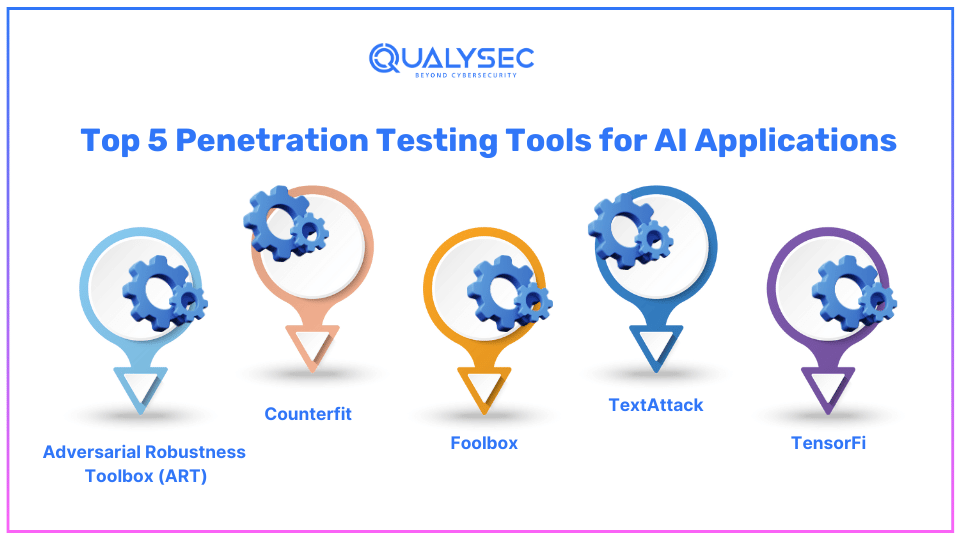
Penetration testing for AI applications is critical to ensuring their security and robustness. Given the unique nature of AI systems, specialized tools are required to identify and mitigate vulnerabilities effectively. Here are five of the best AI pentesting tools designed specifically for AI applications.
1. Adversarial Robustness Toolbox (ART)
The Adversarial Robustness Toolbox (ART) is a comprehensive open-source library developed by IBM, designed to help researchers and developers enhance the security of AI models.
In particular, ART provides a wide range of functionalities, including the creation of adversarial attacks to test model robustness and defenses to safeguard against these attacks. It supports a variety of machine learning frameworks, such as TensorFlow, PyTorch, and Keras, making it versatile for different AI environments.
ART is particularly useful for evaluating the robustness of AI models against adversarial examples, which are inputs deliberately crafted to mislead the model. By using ART, developers can simulate attacks and strengthen their models against potential threats, ensuring that the AI systems are resilient and secure.
2. Counterfit
Counterfit is an open-source tool developed by Microsoft to help security professionals conduct AI-focused penetration testing. This versatile tool enables the simulation of adversarial attacks across a wide range of AI models, including those based on machine learning and deep learning.
Furthermore, counterfeit is designed to be user-friendly and can be integrated with other security tools, making it a powerful addition to any security professional’s toolkit. It allows users to test the robustness of their AI models against various attack vectors, such as data poisoning, evasion, and model extraction attacks.
By using Counterfit, organizations can proactively identify vulnerabilities in their AI systems and take necessary measures to mitigate risks, ensuring the integrity and security of their AI applications.
3. Foolbox
Foolbox is a popular open-source Python library designed for generating adversarial examples to test the robustness of AI models. It supports a wide range of machine learning frameworks, including TensorFlow, PyTorch, and JAX.
Additionally, Foolbox provides researchers and developers with a simple yet powerful interface to create adversarial attacks, such as gradient-based attacks and decision-based attacks, that can help expose vulnerabilities in AI models.
The tool’s flexibility and ease of use make it ideal for testing and improving the security of machine learning models, particularly in identifying how models react to inputs designed to deceive them. By leveraging Foolbox, developers can gain insights into potential weaknesses in their AI systems and take steps to enhance their robustness.
4. TextAttack
TextAttack is an open-source Python library specifically designed for adversarial attacks on natural language processing (NLP) models. It provides a suite of tools for generating, testing, and defending against adversarial examples in text-based AI applications.
TextAttack supports a variety of NLP models, including those built with Hugging Face’s Transformers, and allows users to create custom attack scenarios tailored to their specific needs. The tool’s capabilities include generating adversarial text that can trick AI models into making incorrect predictions or classifications.
TextAttack is invaluable for developers and researchers working with NLP models, as it helps them identify and address vulnerabilities that could be exploited in real-world scenarios. By using TextAttack, organizations can enhance the security and robustness of their text-based AI applications.
5. TensorFi
TensorFi is a specialized tool for testing the robustness and security of AI models deployed in production environments. It provides a comprehensive framework for conducting penetration tests, focusing on detecting vulnerabilities related to model inference, data integrity, and system resilience.
TensorFi is particularly useful for organizations that rely on AI models for critical decision-making processes, as it helps ensure that the models are secure against adversarial attacks and other potential threats.
The tool offers features such as automated testing, real-time monitoring, and detailed reporting, making it a powerful resource for maintaining the integrity of AI systems. By integrating TensorFi into their security practices, organizations can safeguard their AI applications against a wide range of security risks, ensuring reliable and trustworthy AI-driven outcomes.
Conclusion
As AI continues to transform industries and reshape the way we interact with technology, ensuring the security of AI applications is of paramount importance. Thus, AI application penetration testing is a crucial step in safeguarding these systems from potential threats, ensuring their reliability, and maintaining user trust. By following best practices and utilizing specialized tools, organizations can effectively identify and mitigate vulnerabilities in their AI applications, paving the way for a safer and more secure AI-driven future.
Talk to our Cybersecurity Expert to discuss your specific needs and how we can help your business.
Frequently Asked Questions
1. What’s an example of AI application penetration testing?
An example of AI application penetration testing could involve testing a facial recognition system for vulnerabilities. This could include attempting to deceive the AI model with adversarial images that are subtly altered to bypass security checks or gain unauthorized access. The penetration test would assess how well the system can resist such attacks and ensure that it accurately identifies legitimate users while blocking potential threats.
2. What Are the Different Types of Penetration Testing?
Penetration testing comes in various forms, including:
- Web App Pen testing
- Mobile App Pen testing
- Network Pen testing
- API Pen testing
- Cloud Security Pen testing
- IoT Device Pen testing
- AI ML Pen testing
3. What vulnerabilities in AI applications are found through penetration testing?
Penetration testing can reveal several vulnerabilities in AI applications, including:
- Data Poisoning: Manipulating training data to corrupt the AI model’s learning process.
- Adversarial Attacks: Crafting inputs that deceive the AI model into making incorrect predictions or decisions.
- Model Inversion: Extracting sensitive information from the AI model, such as training data or model parameters.
- Algorithm Bias: Identifying and mitigating biases in AI algorithms that could lead to unfair or discriminatory outcomes.





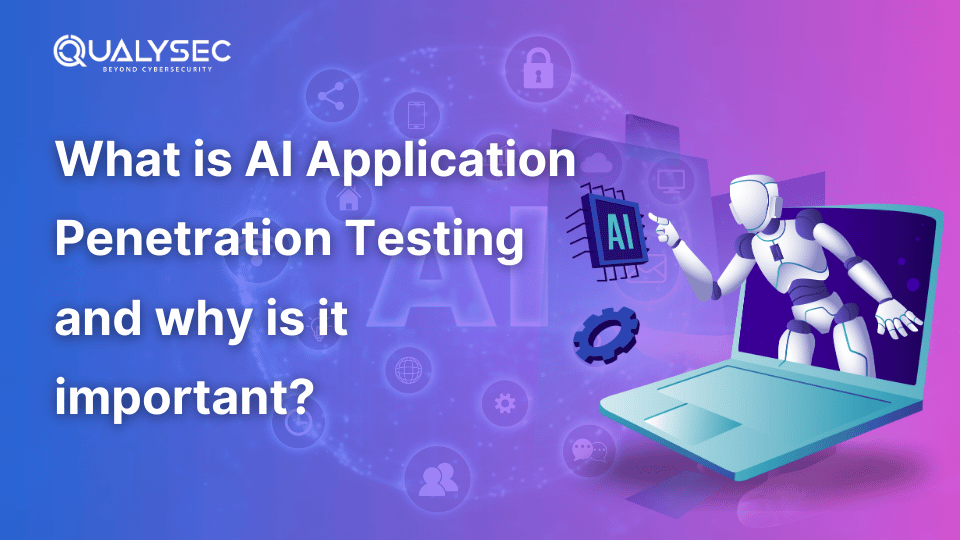






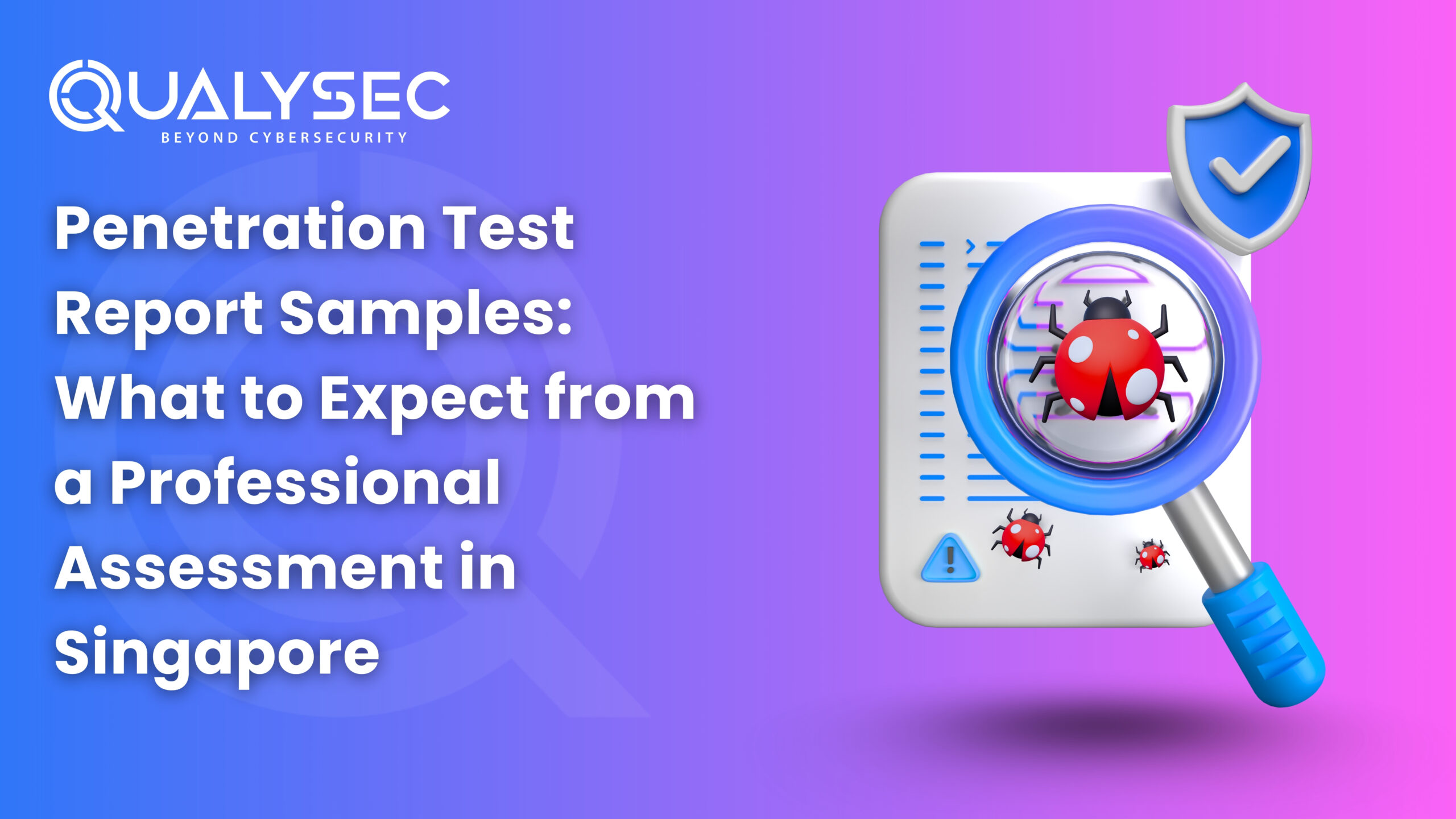






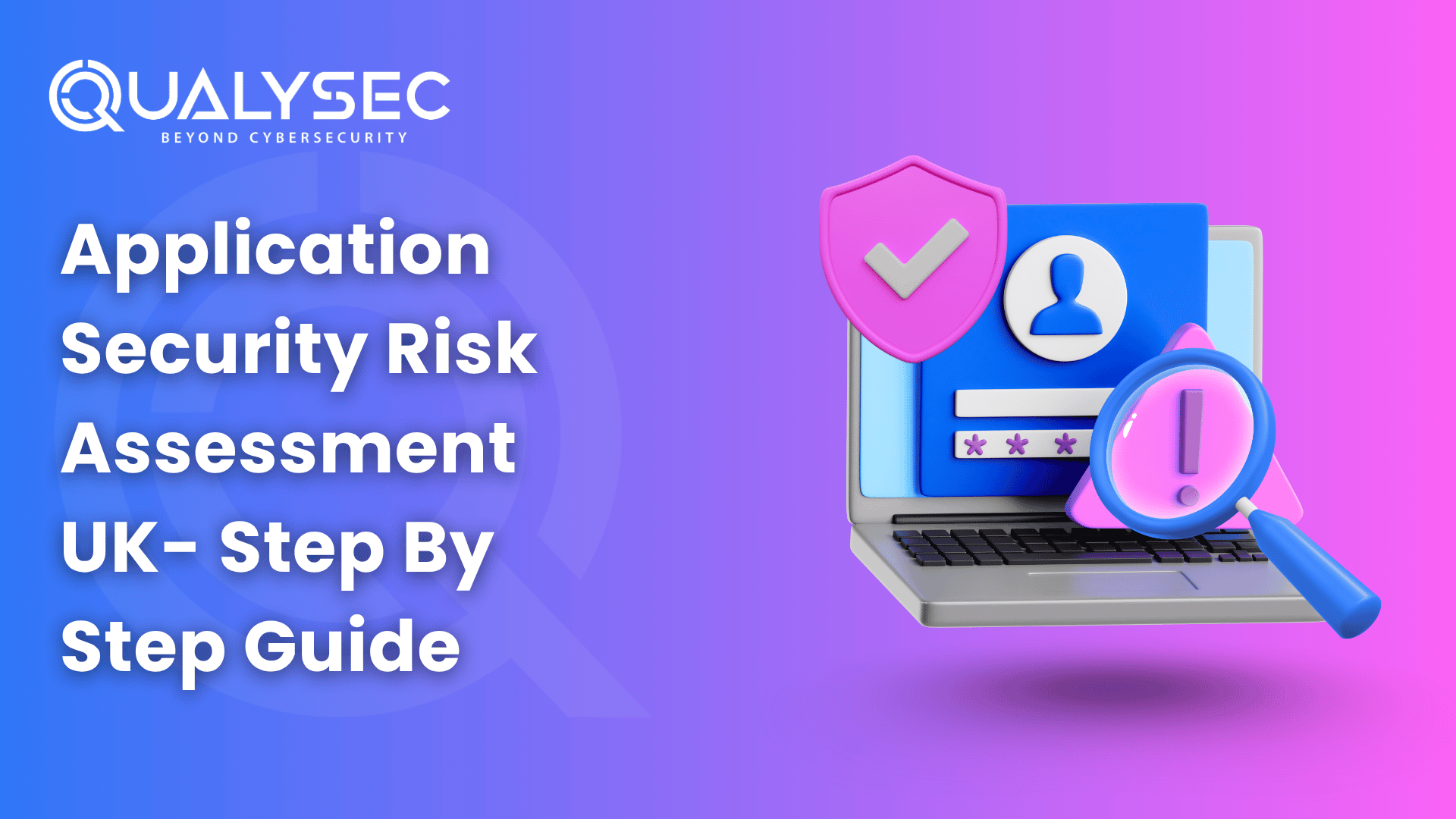













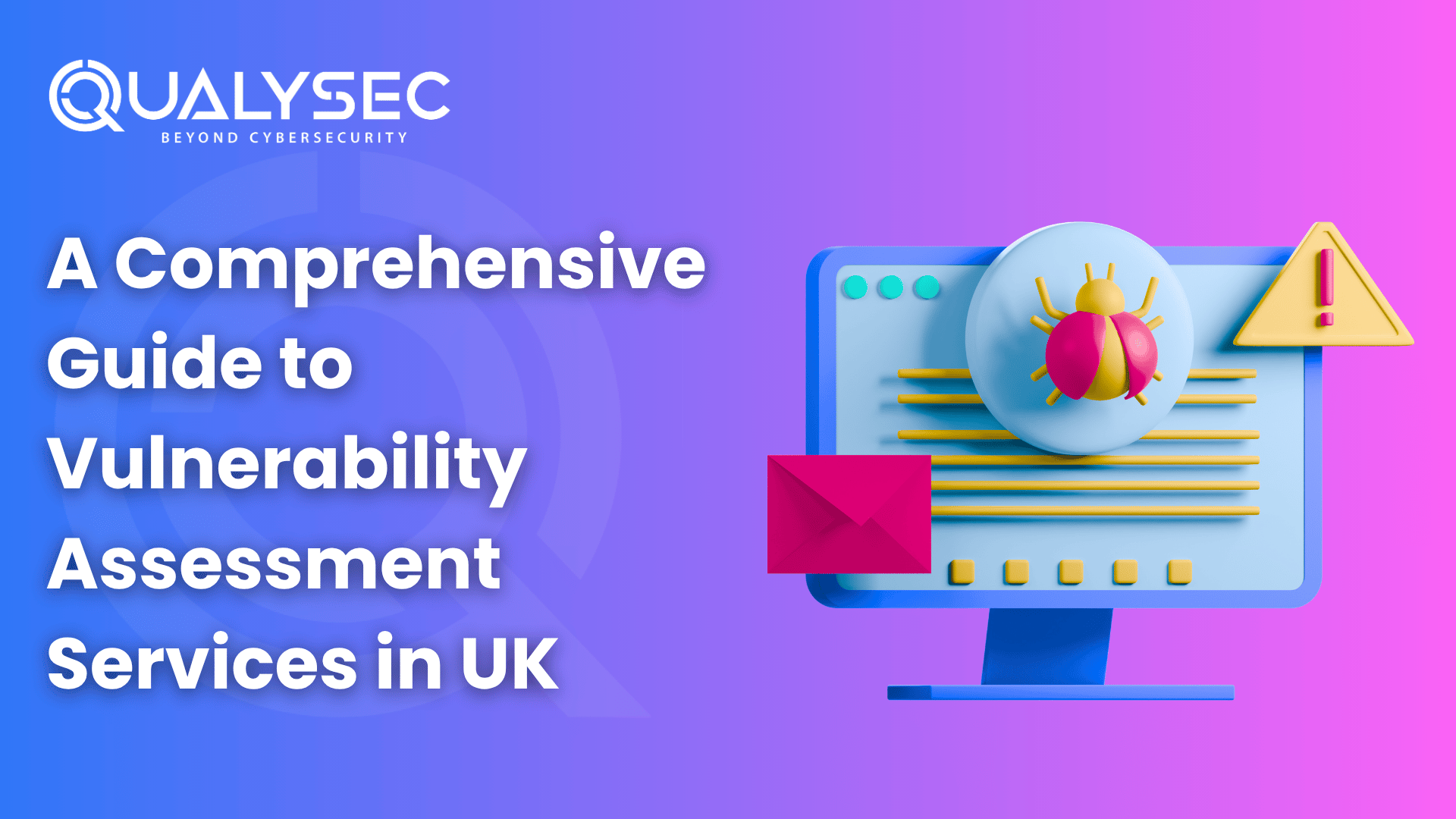









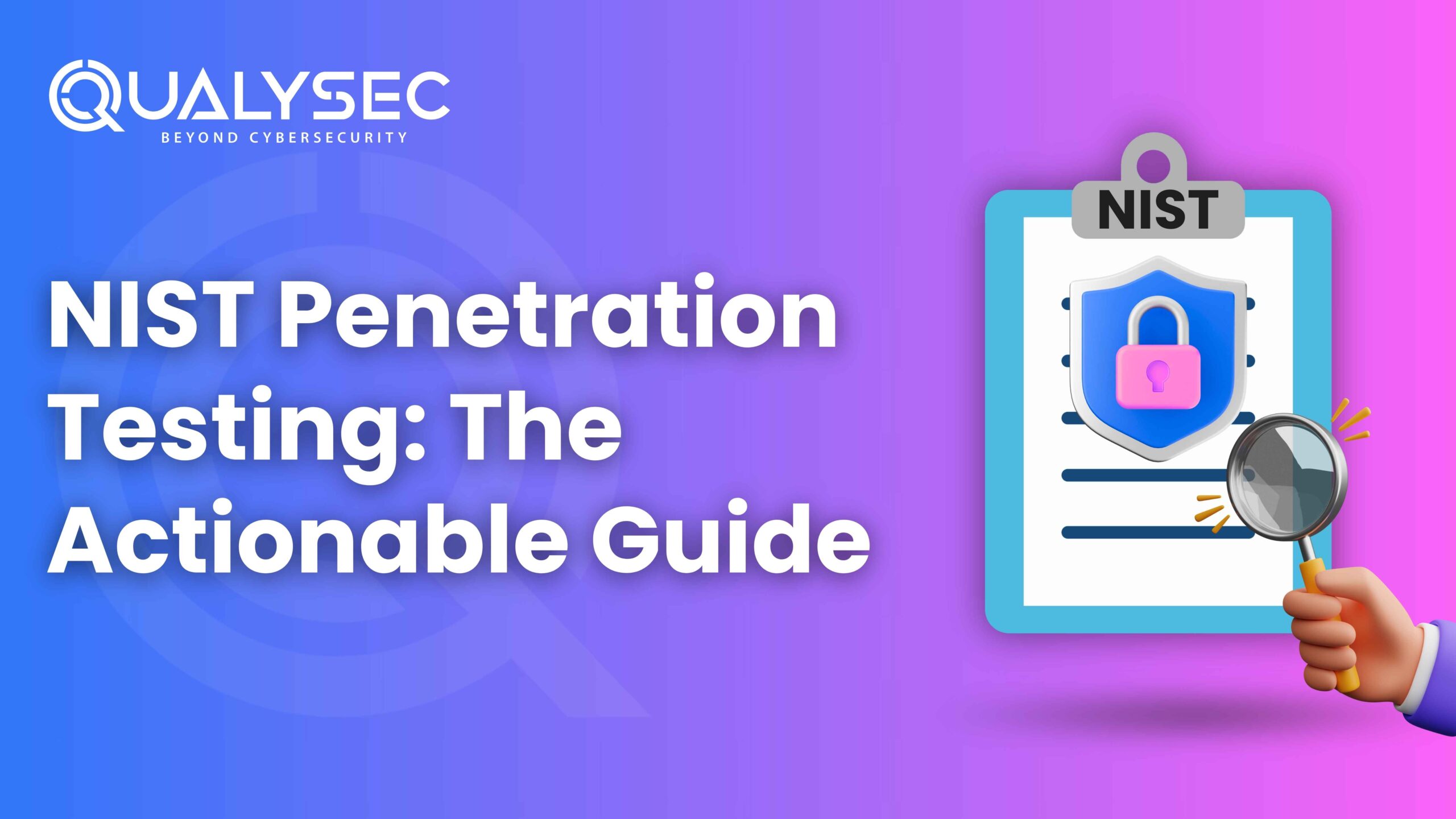
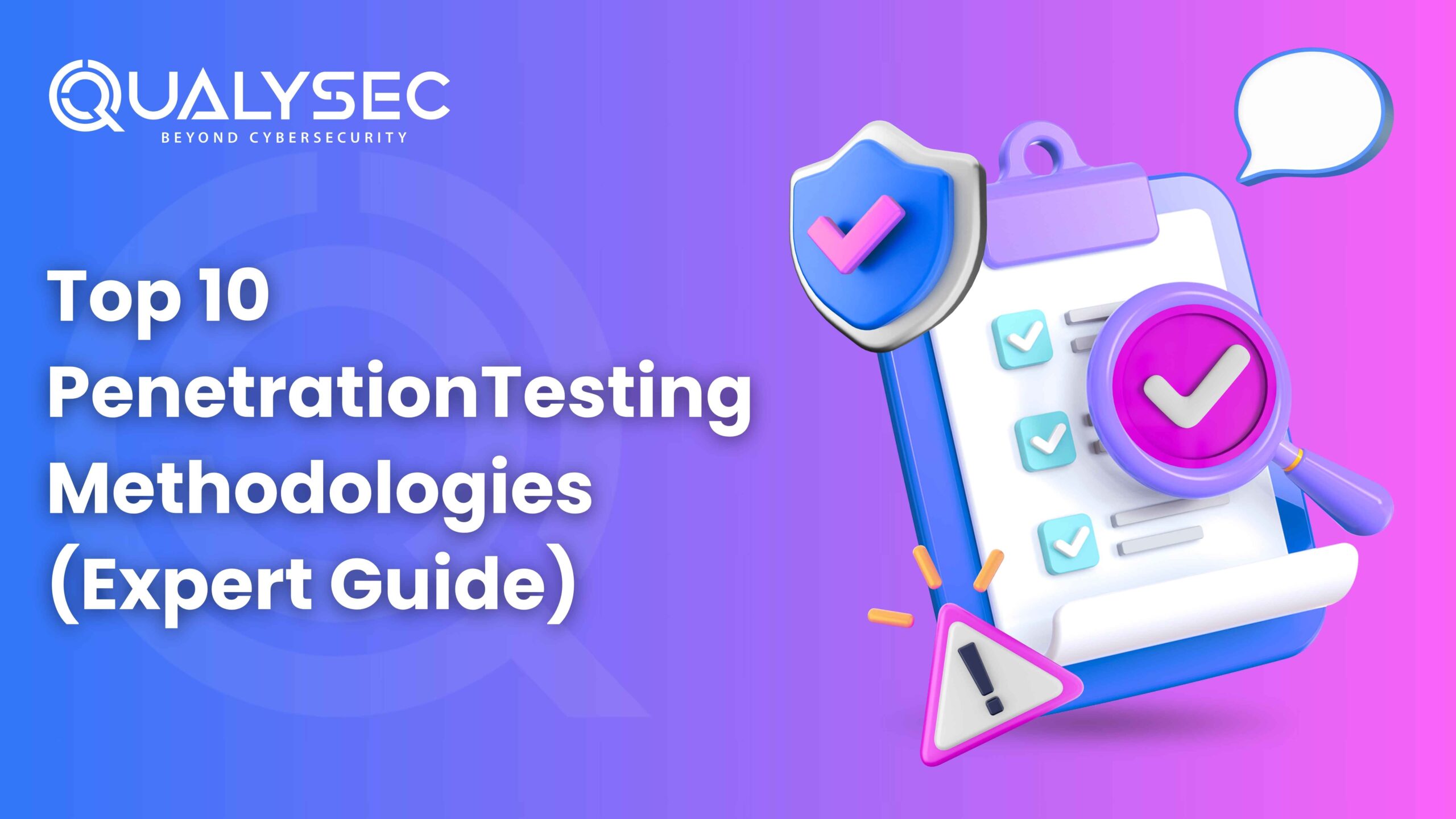


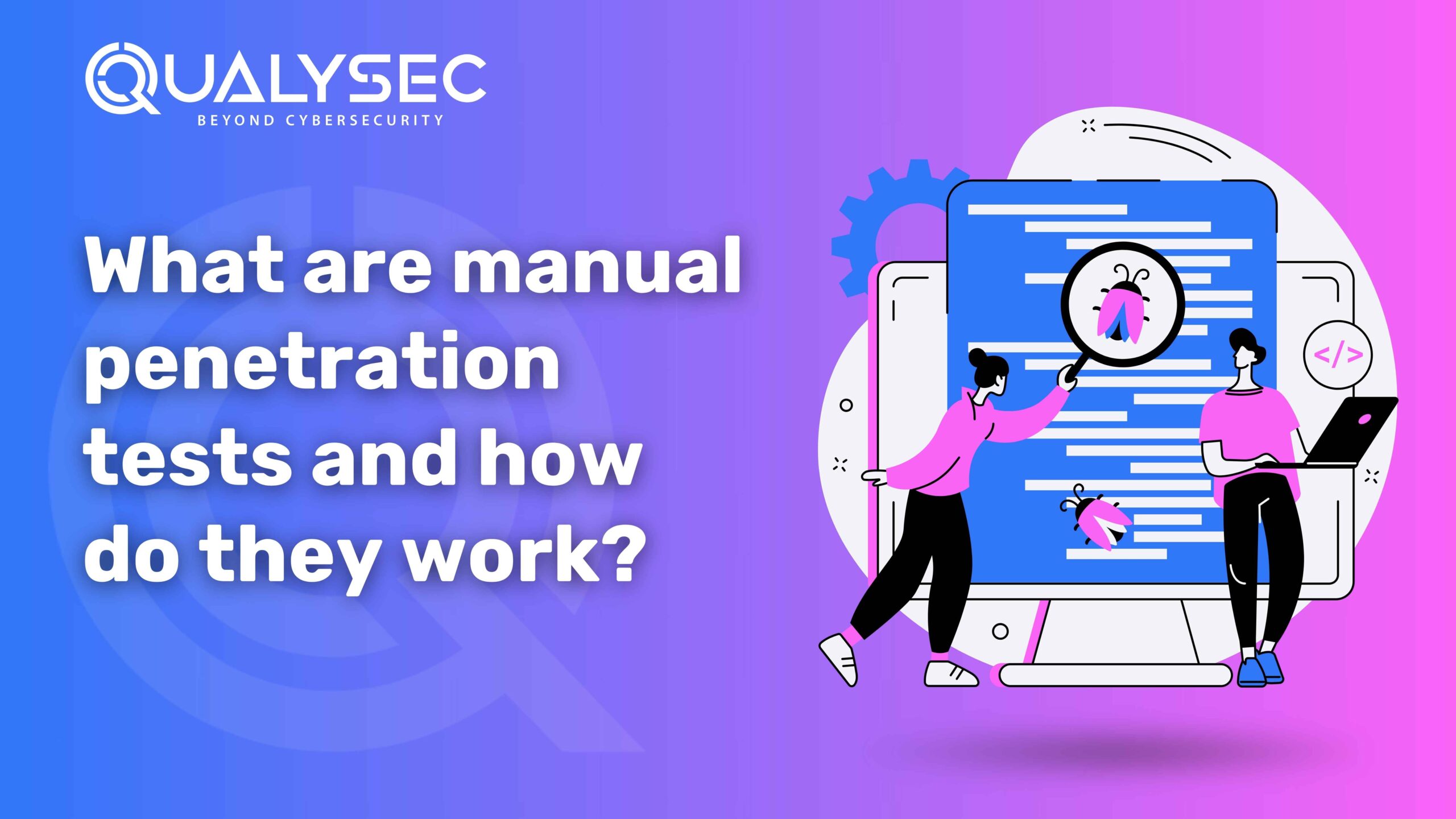
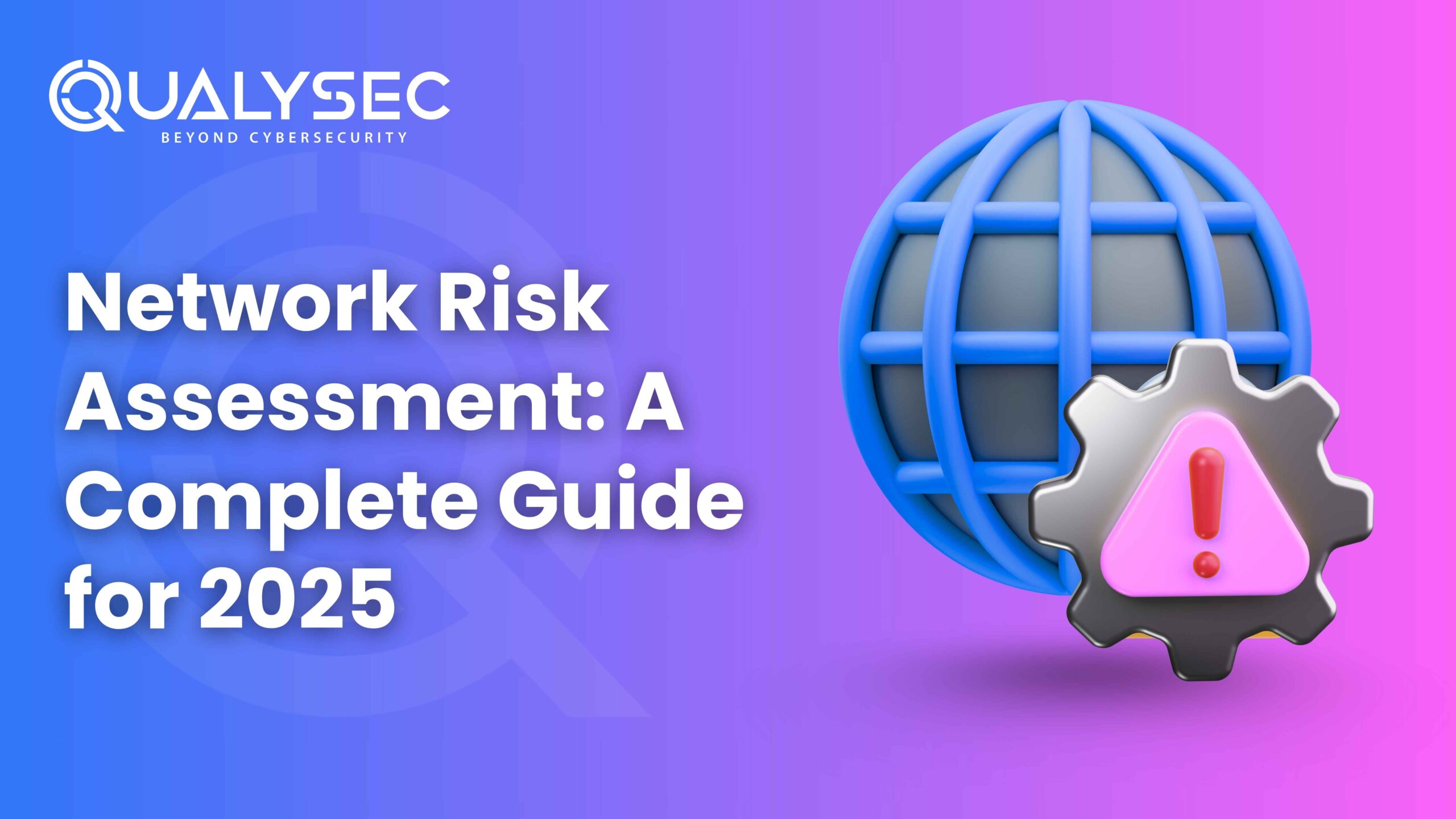


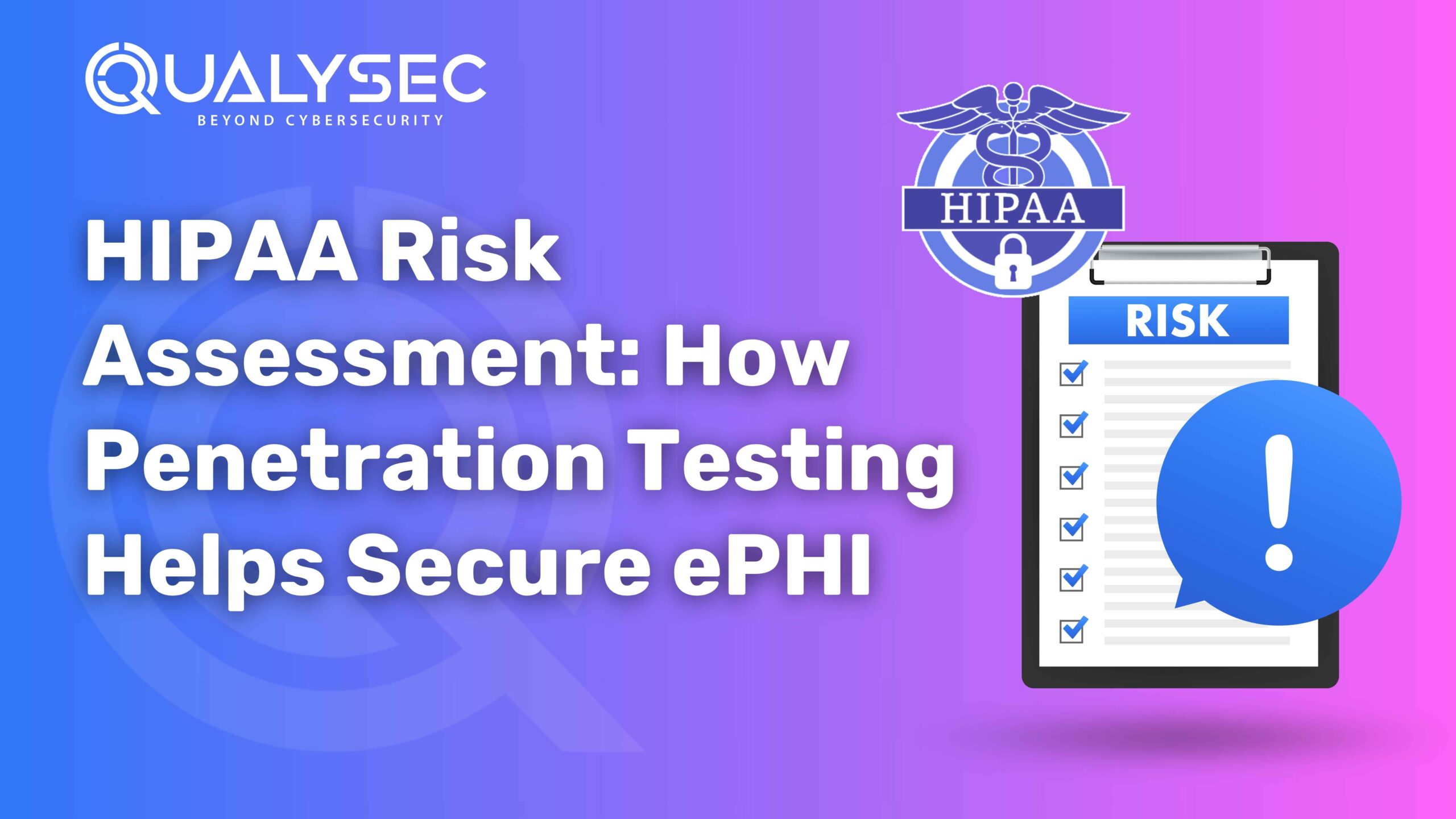













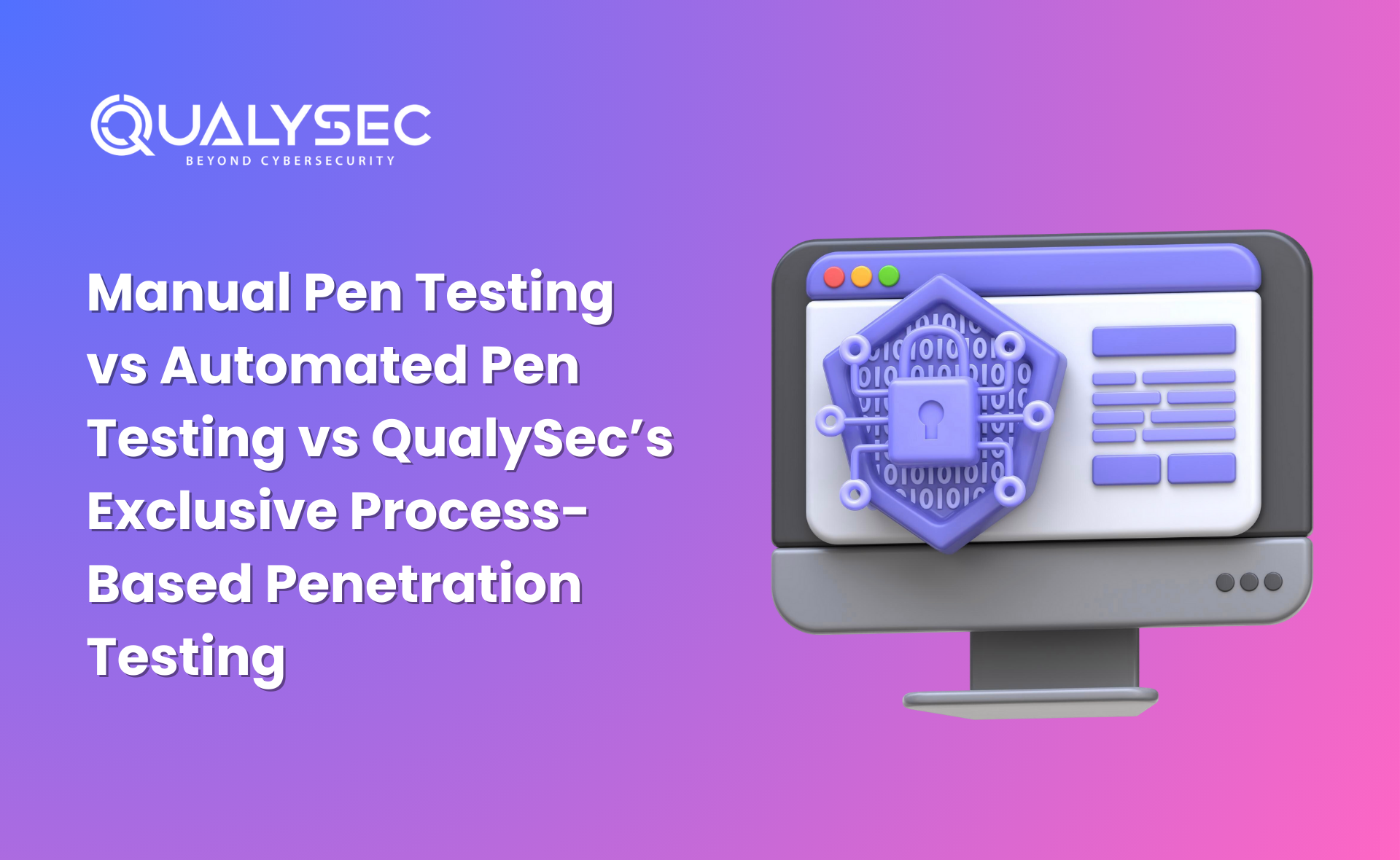






















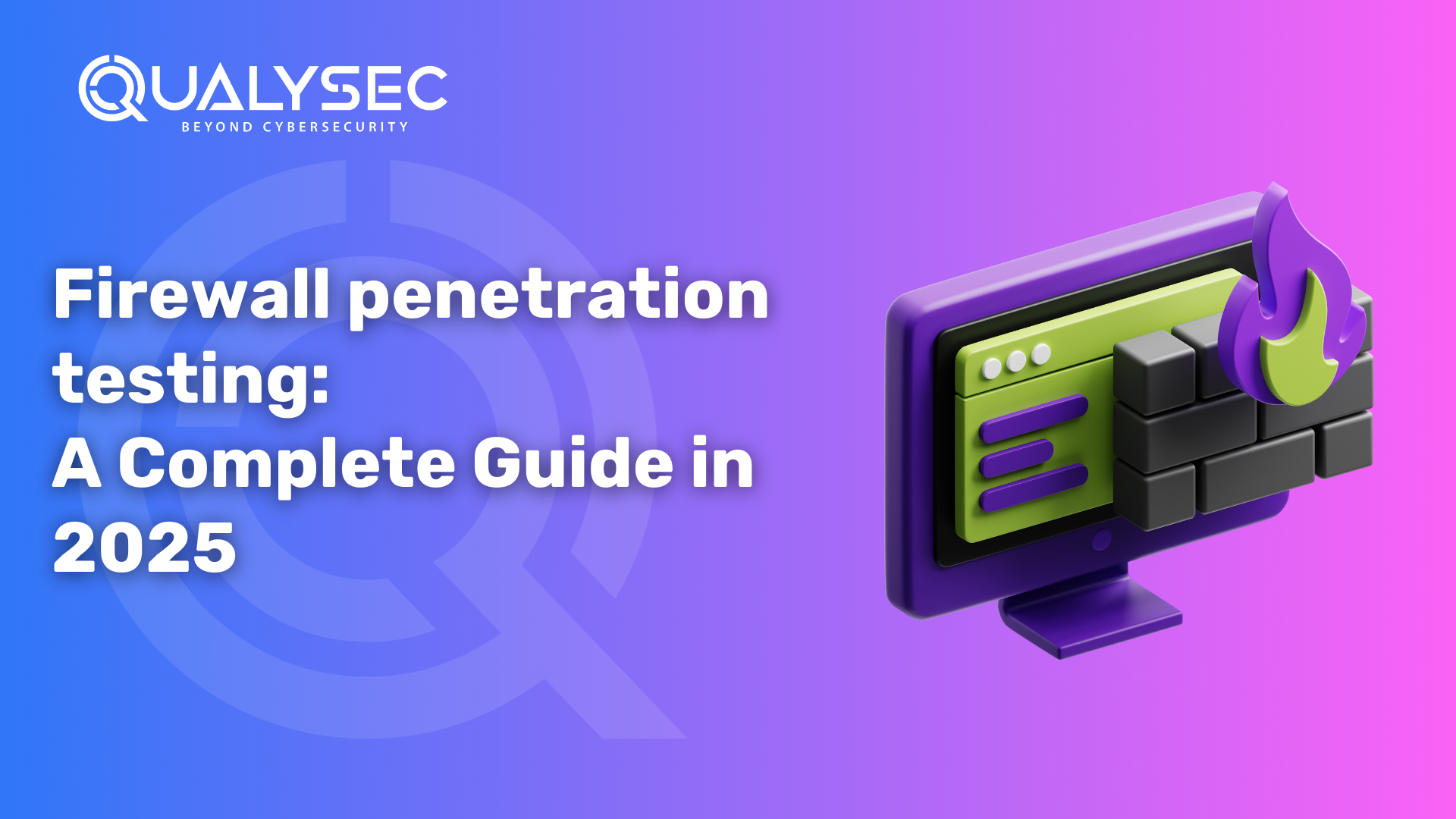








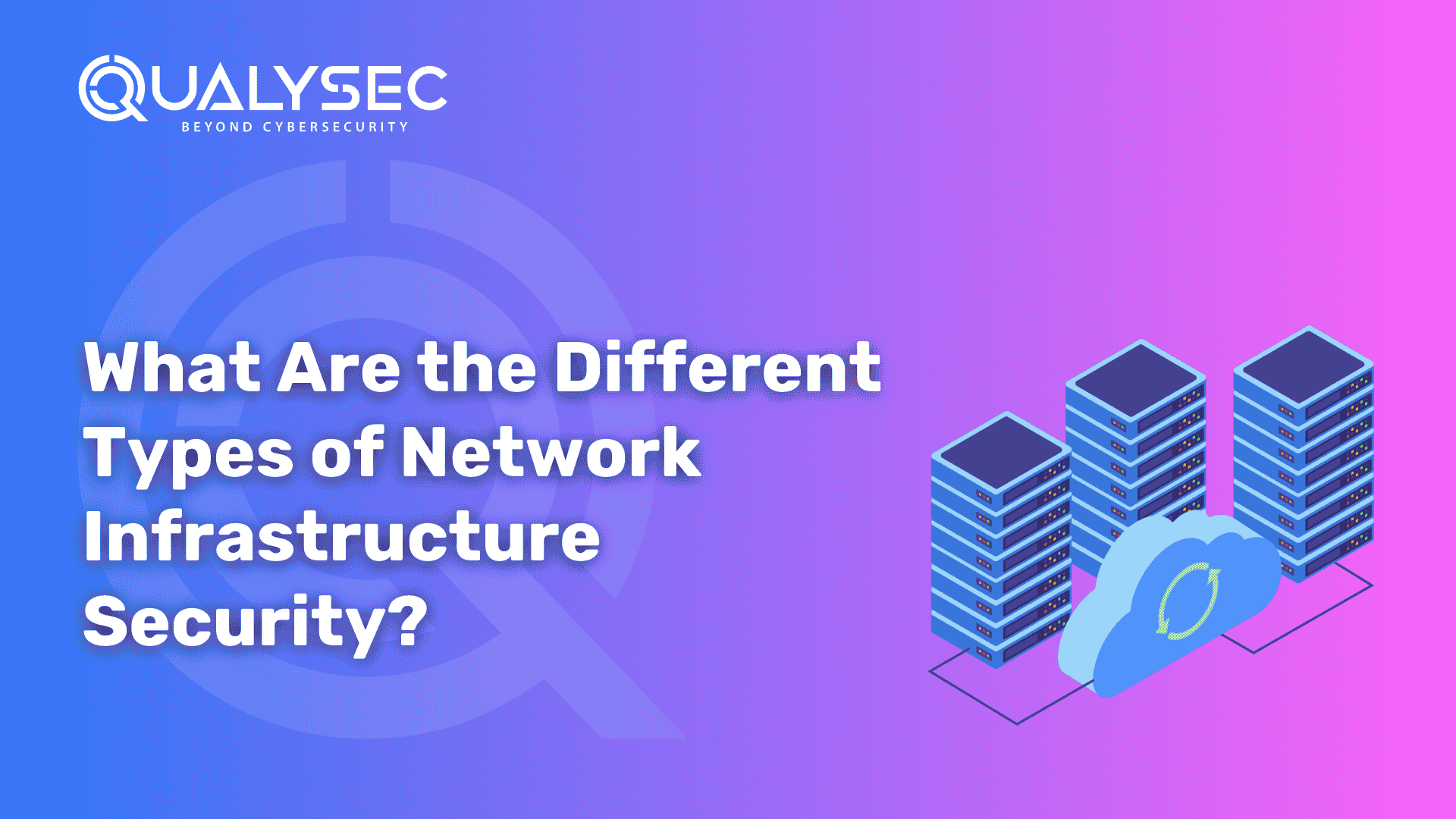



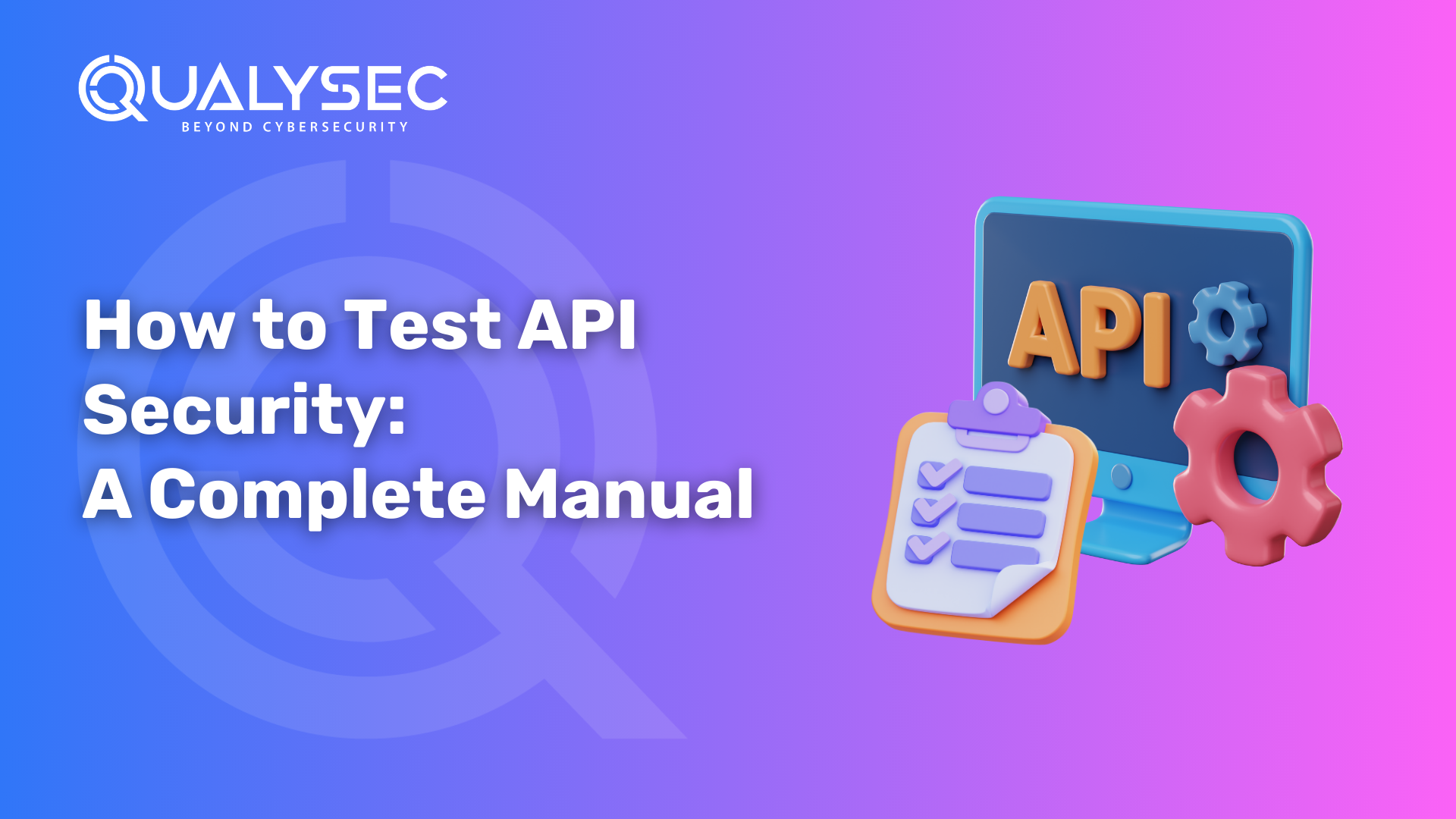






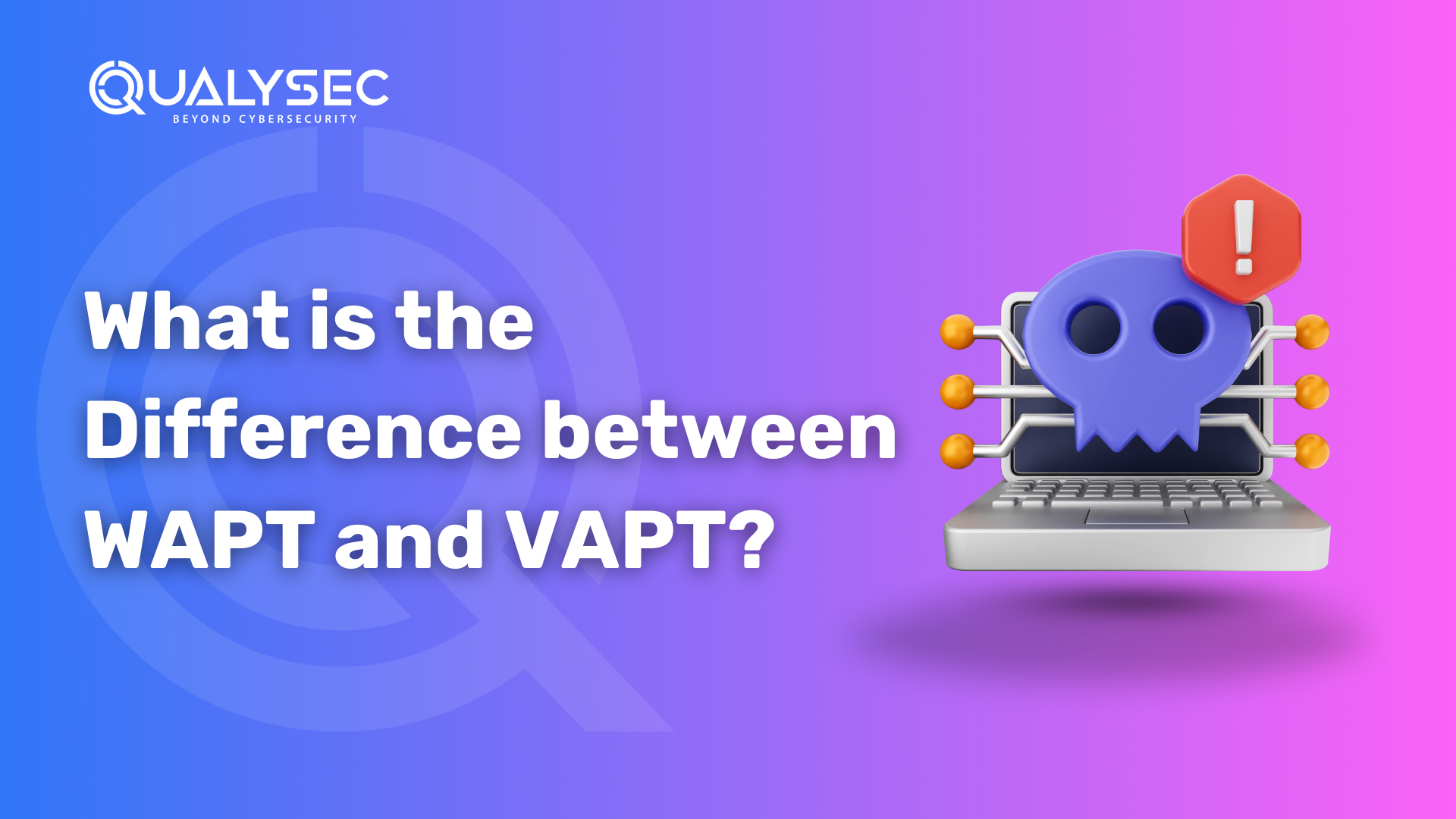
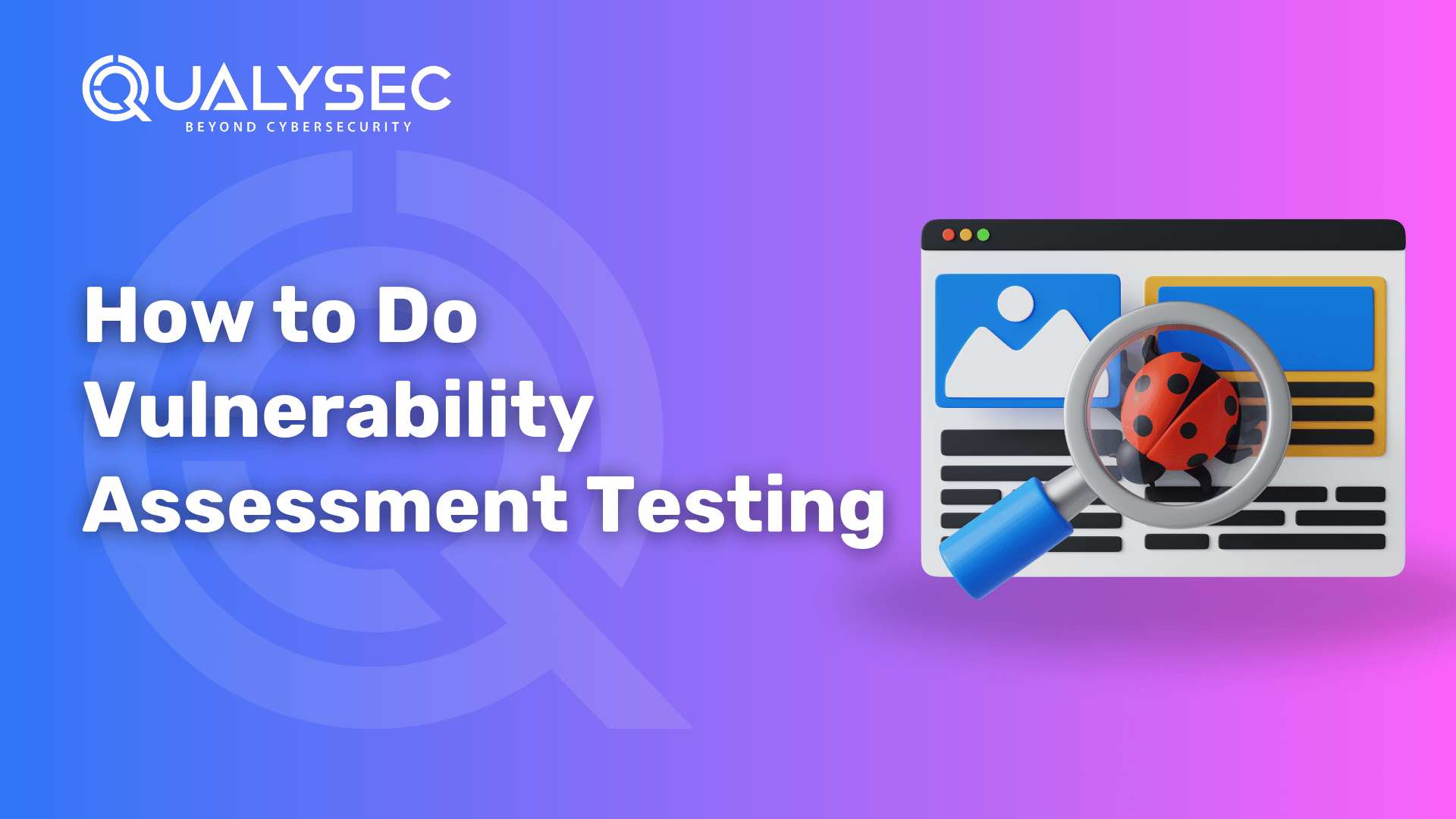
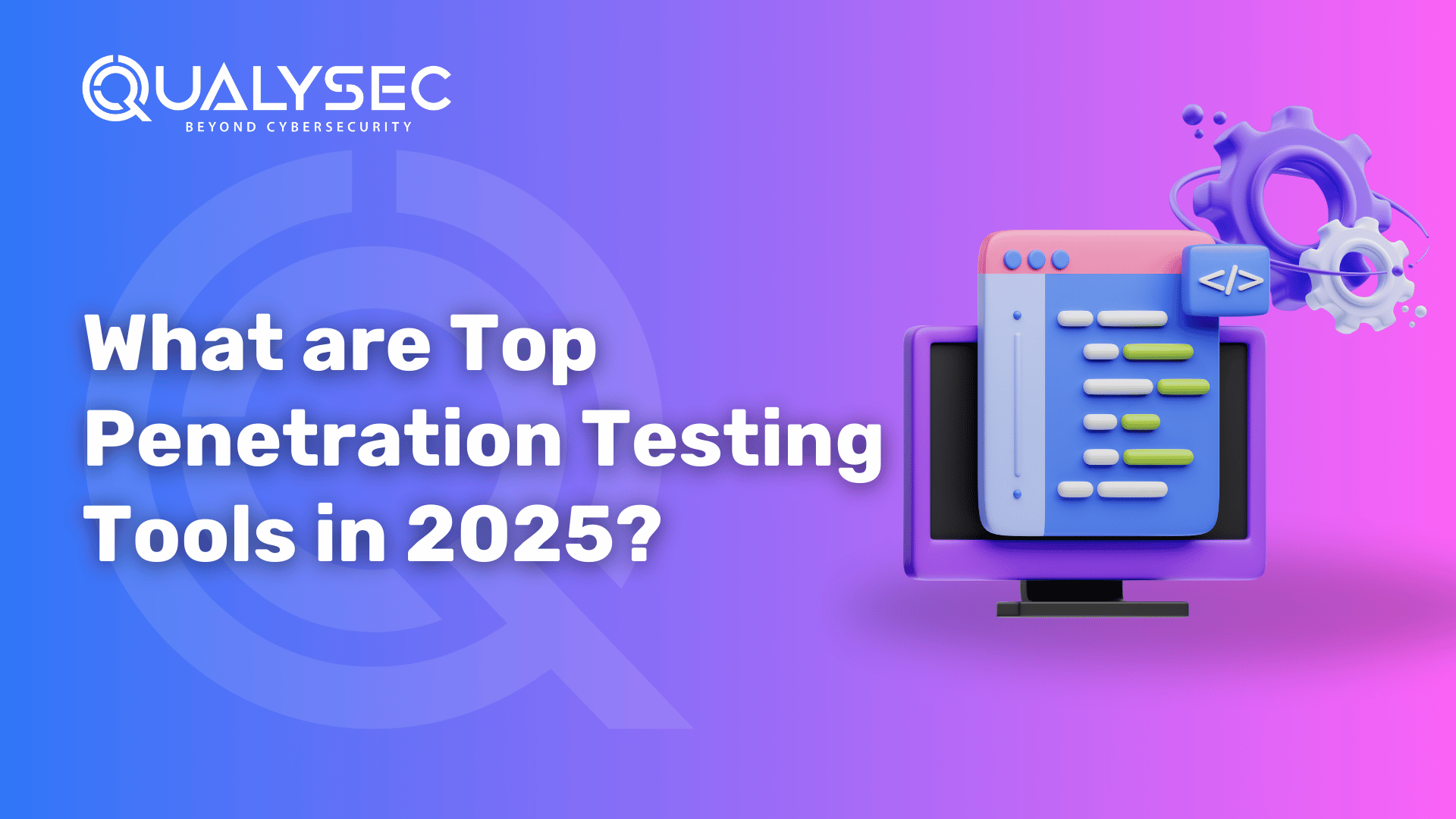










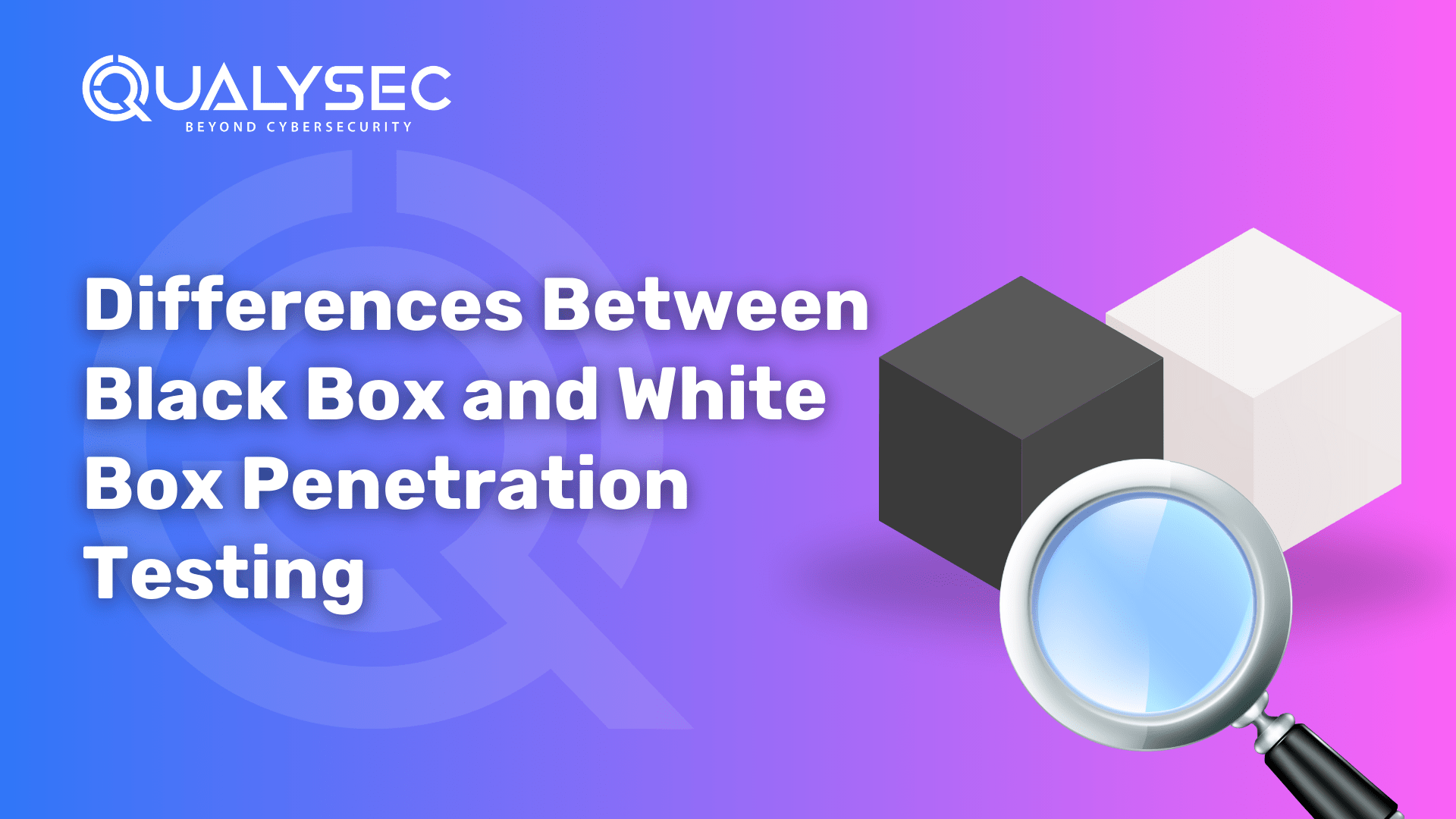

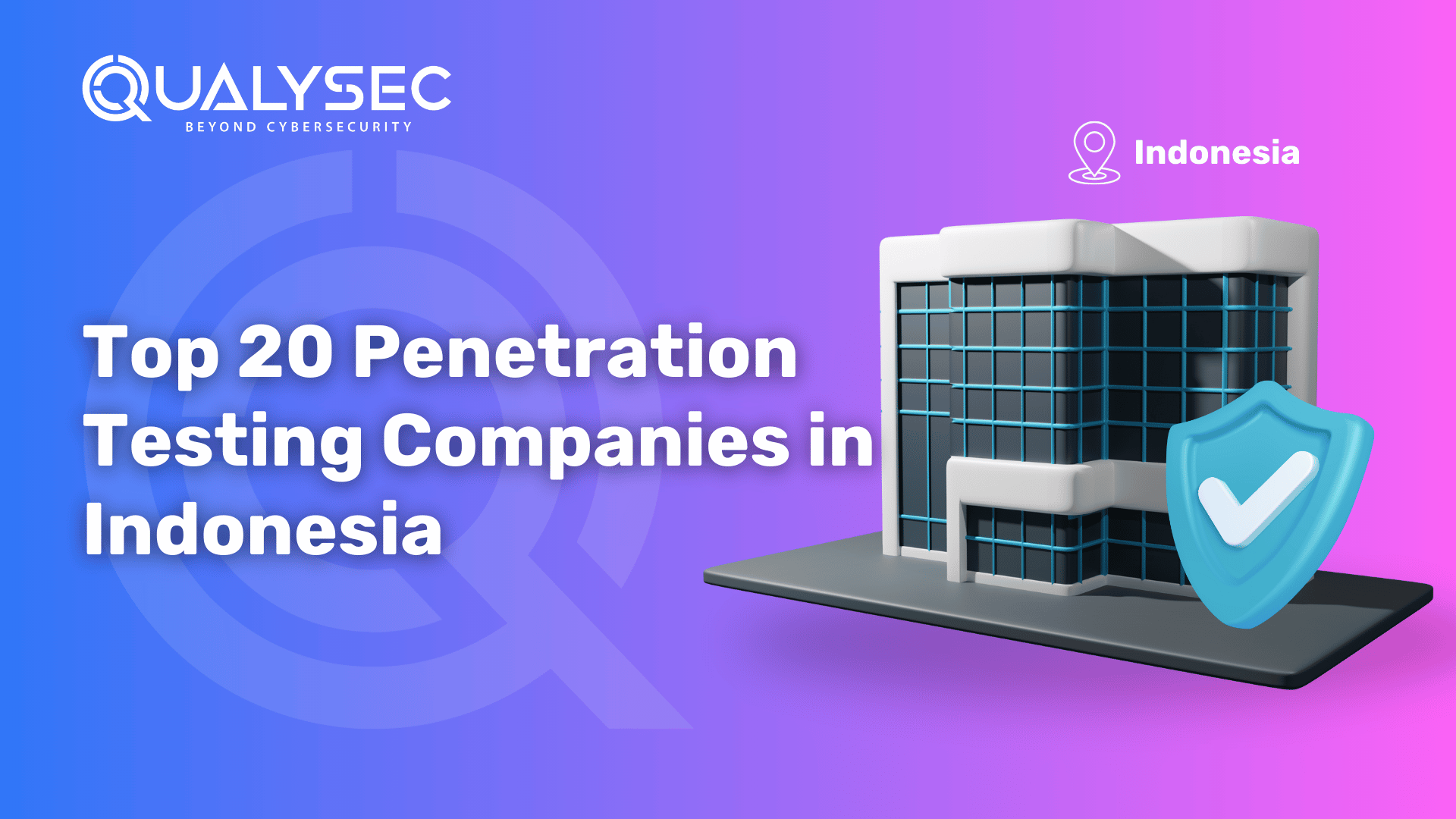










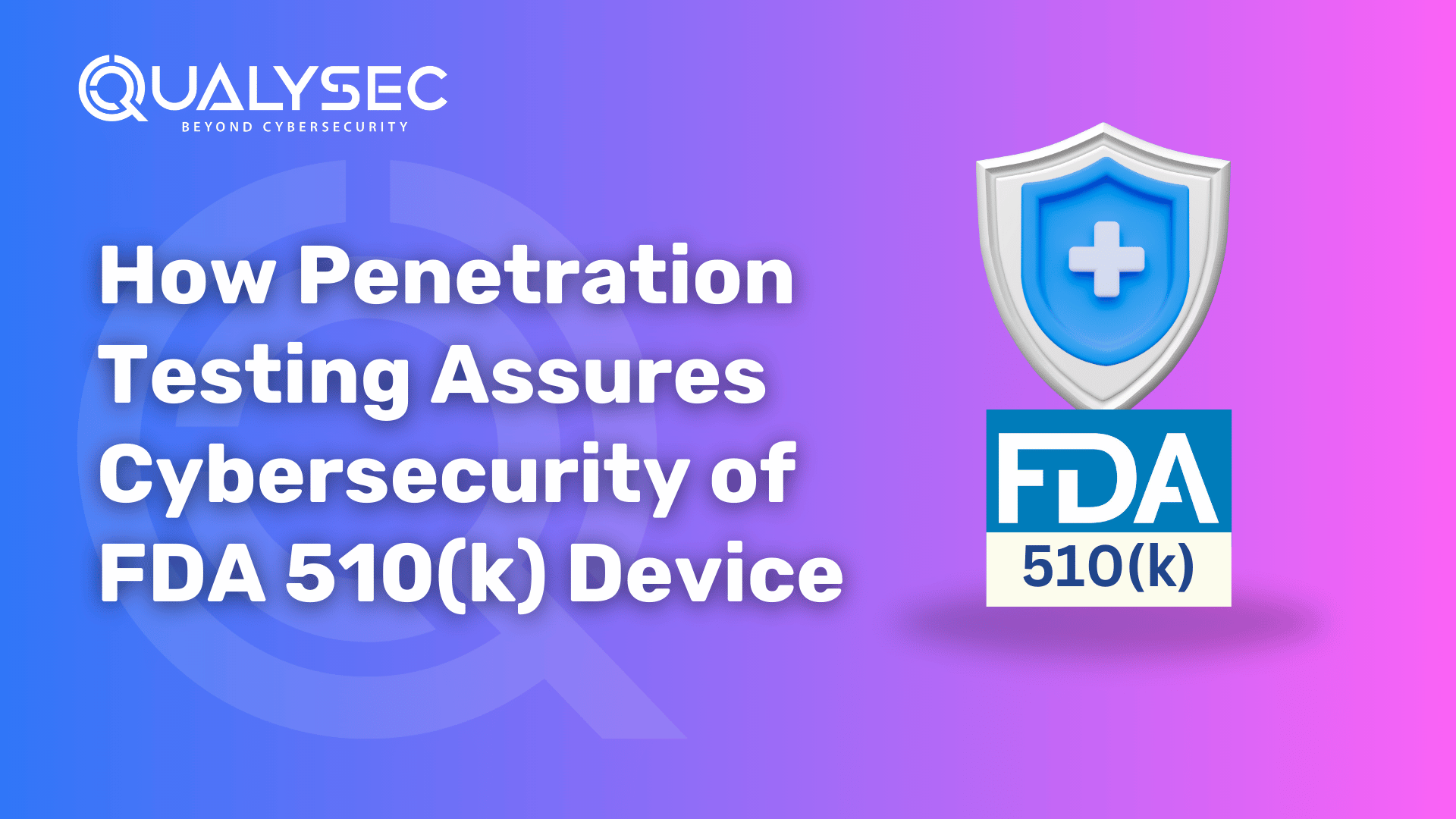

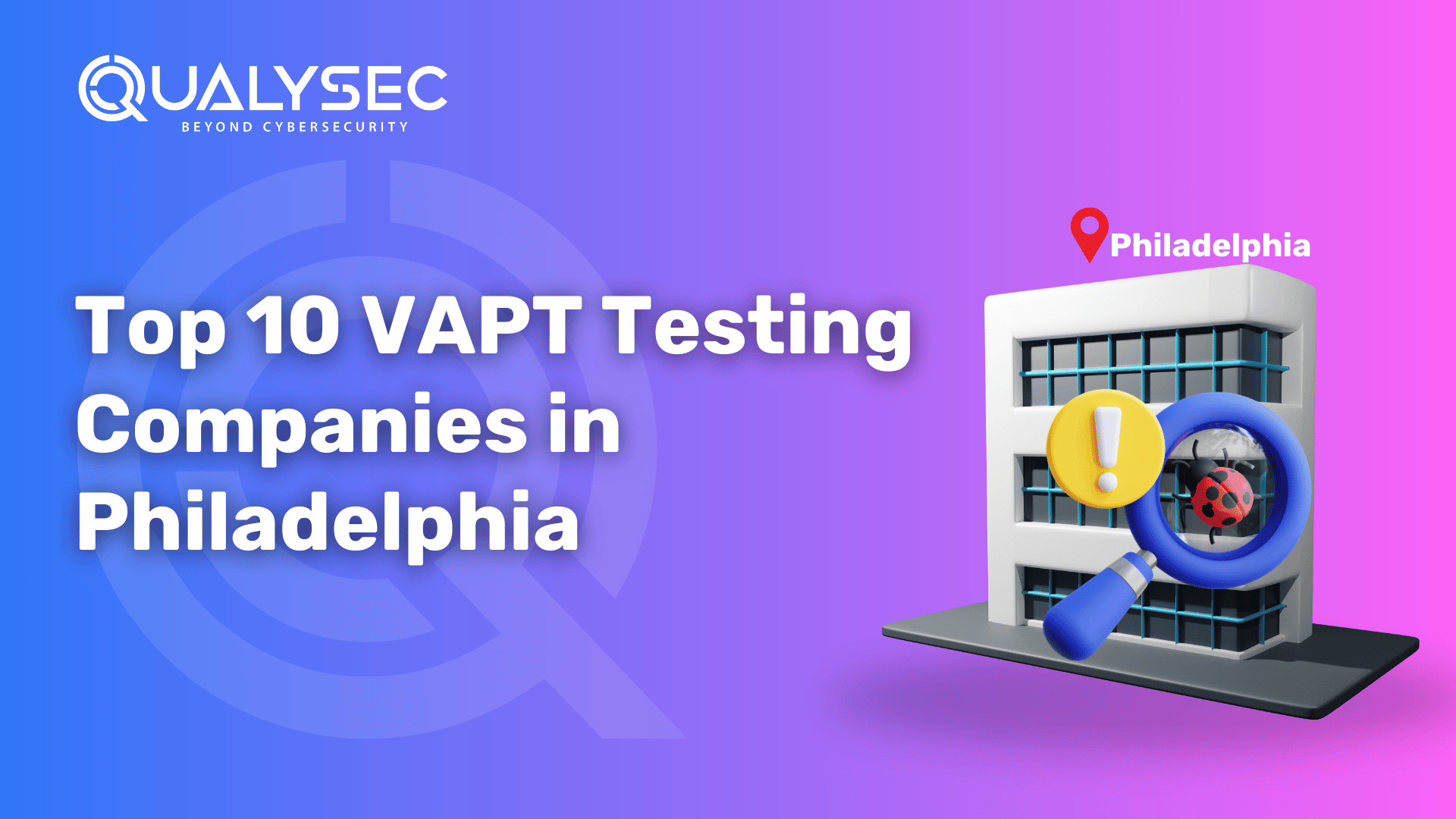


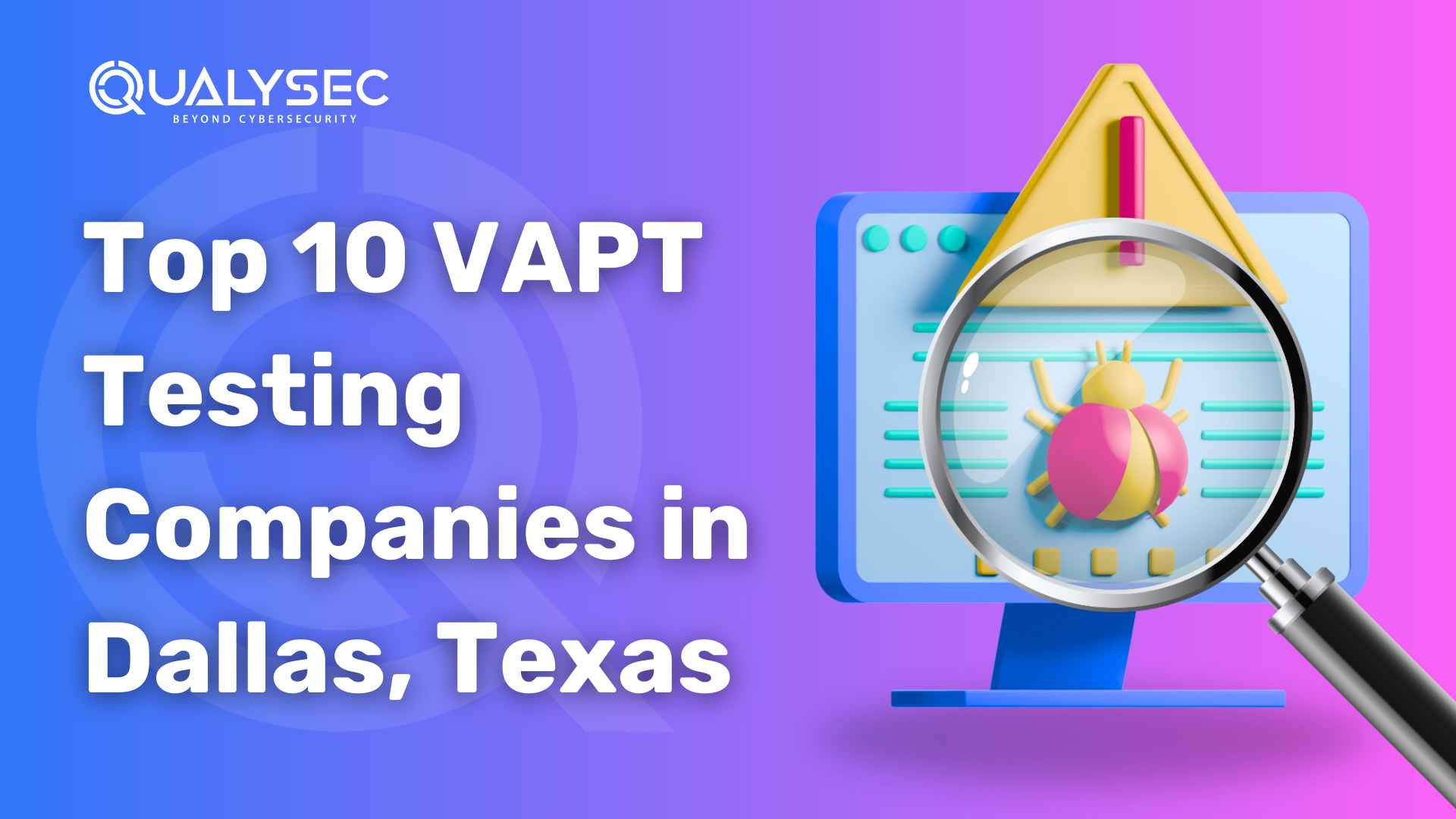






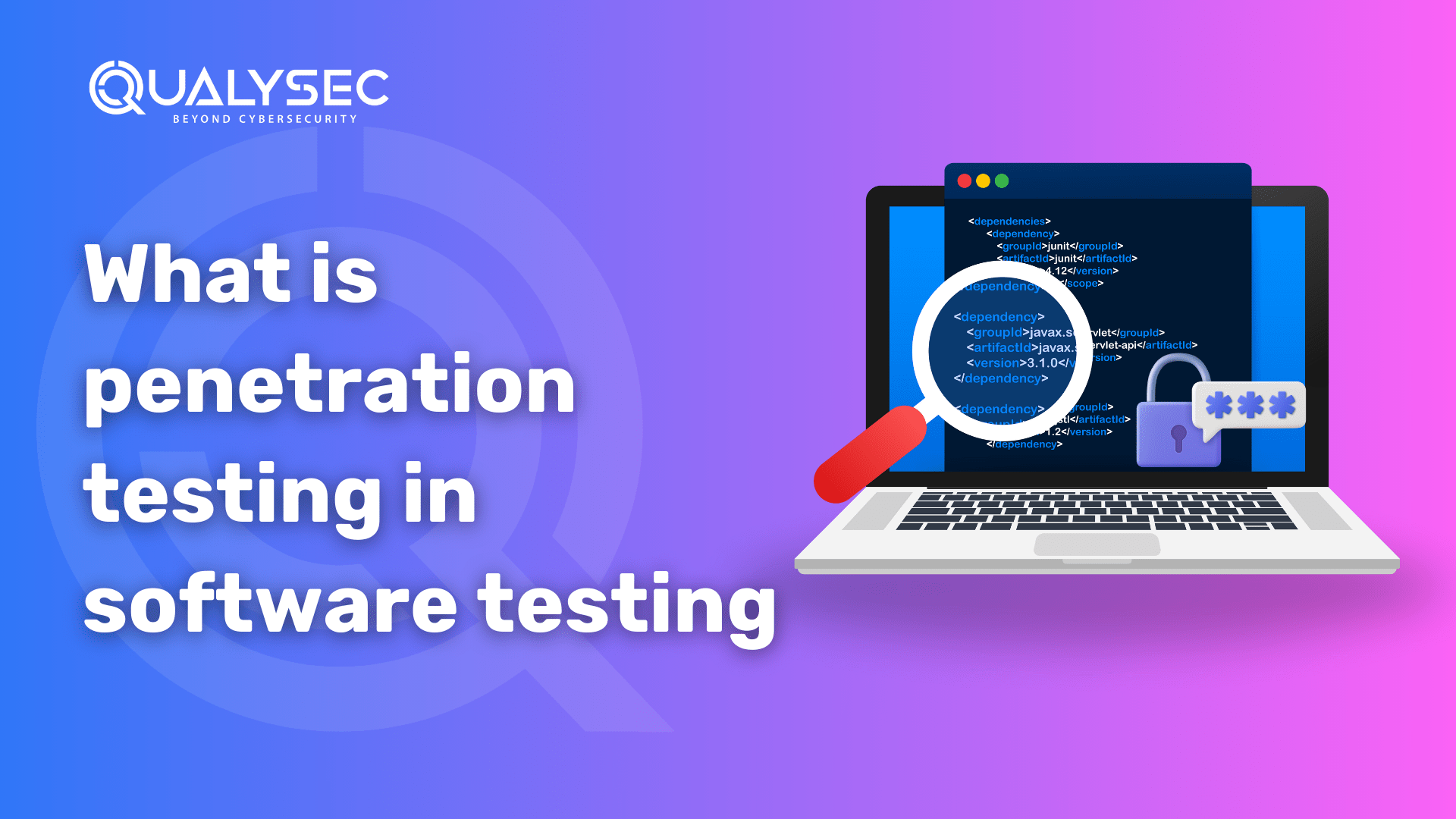




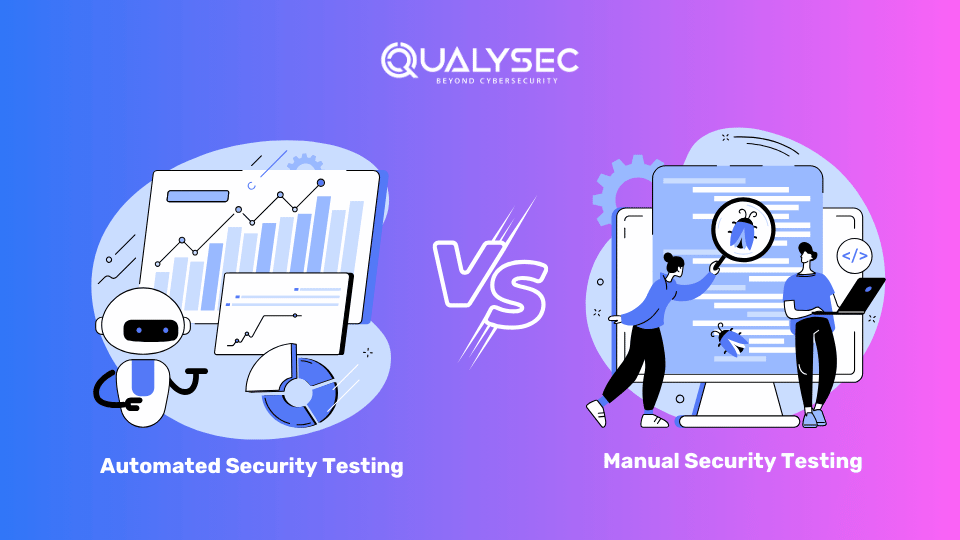







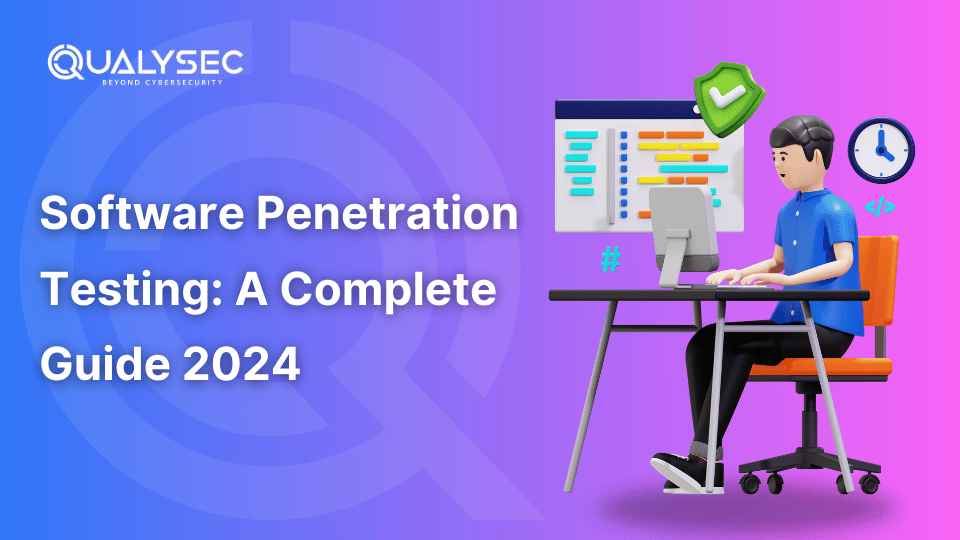



























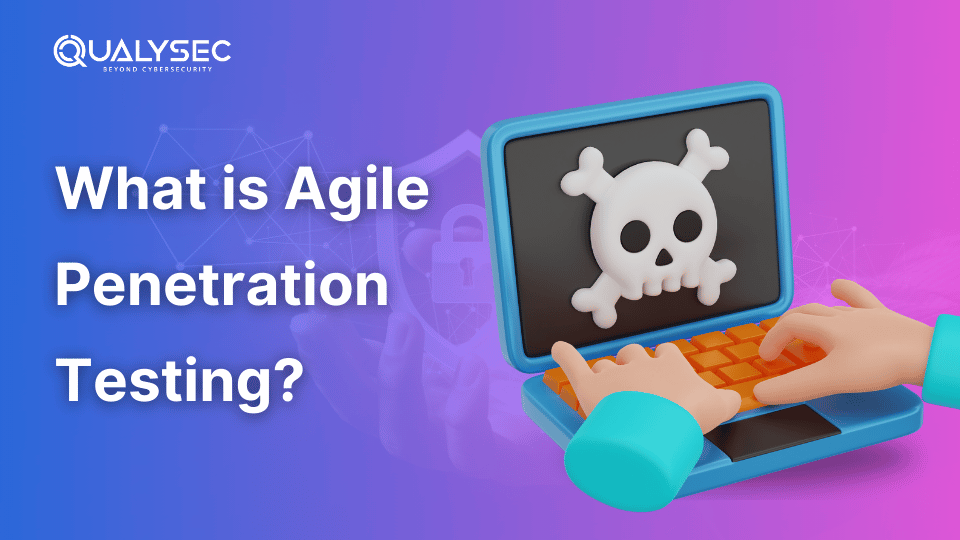








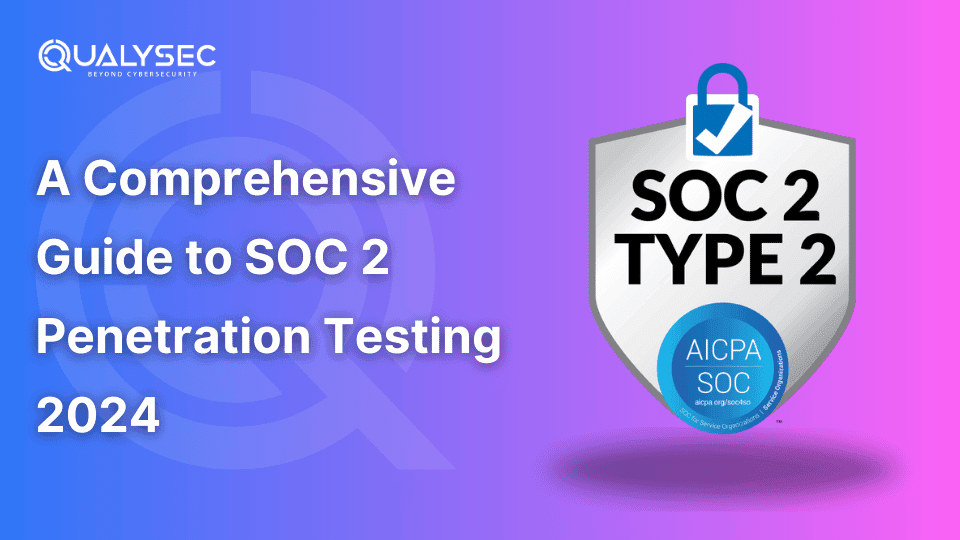






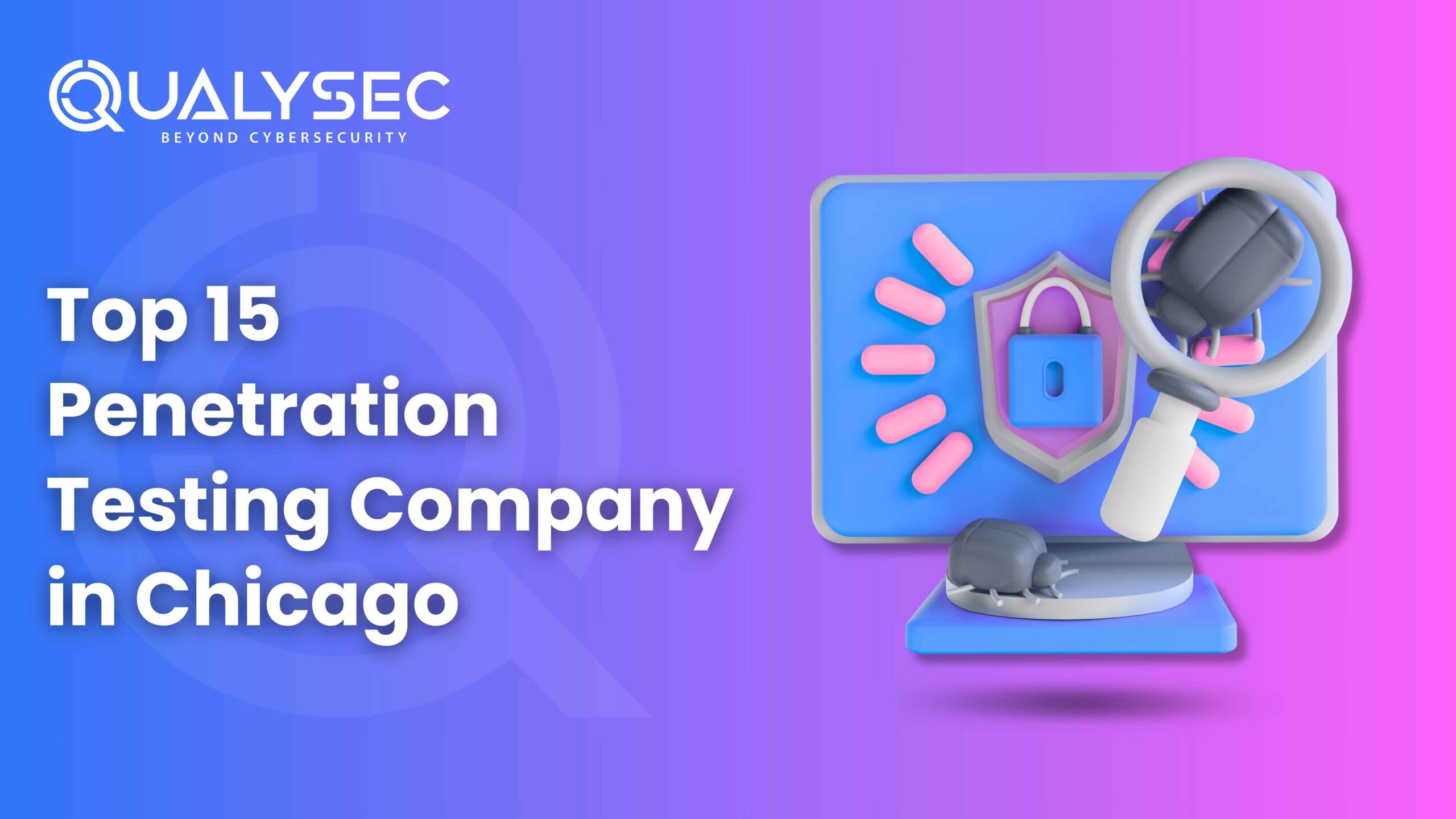





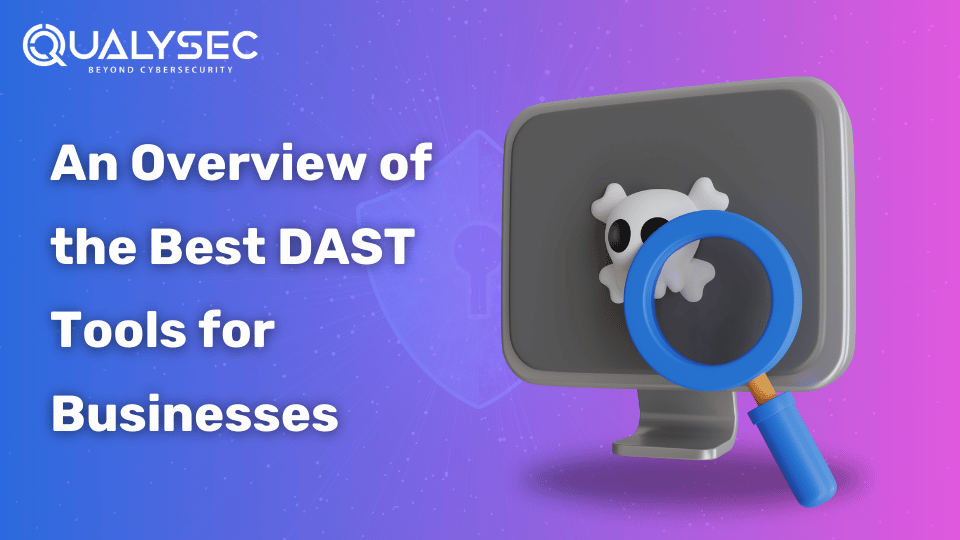
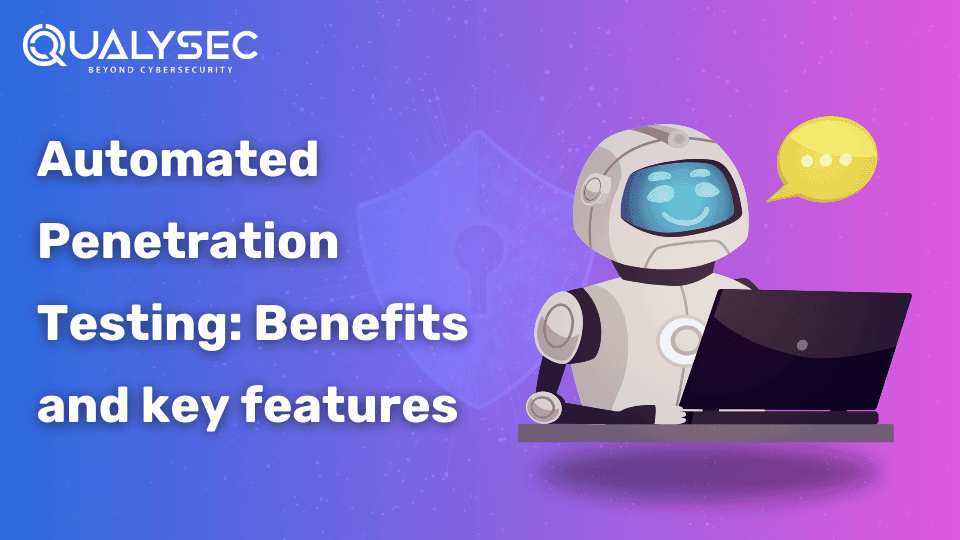
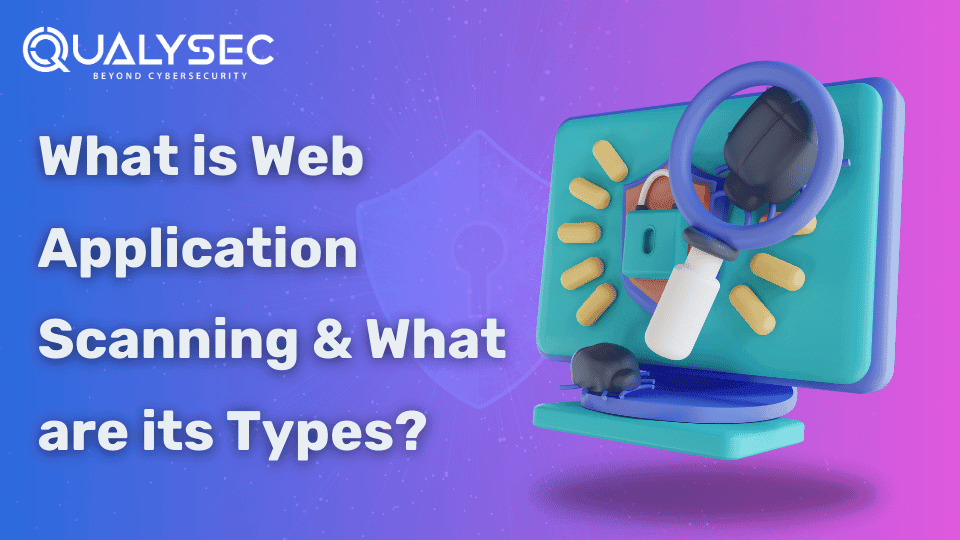





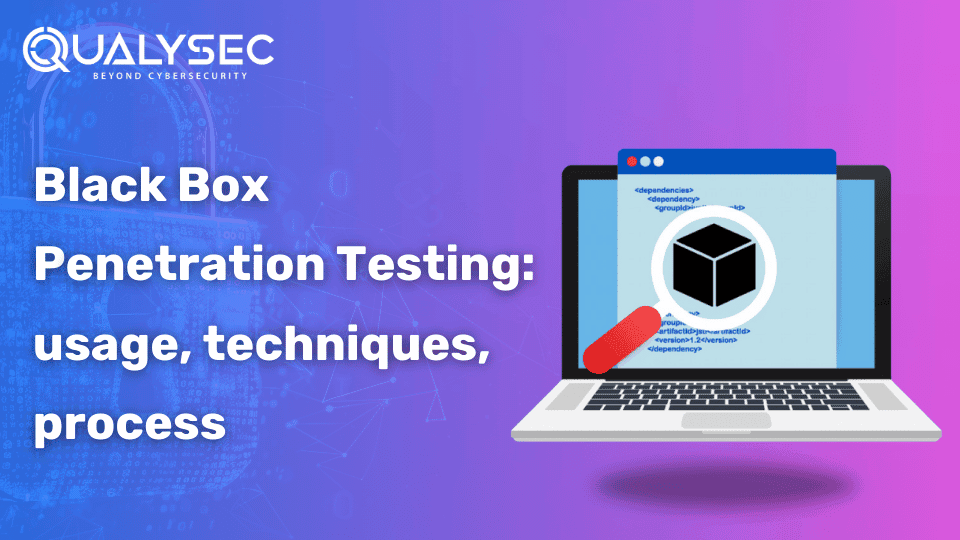


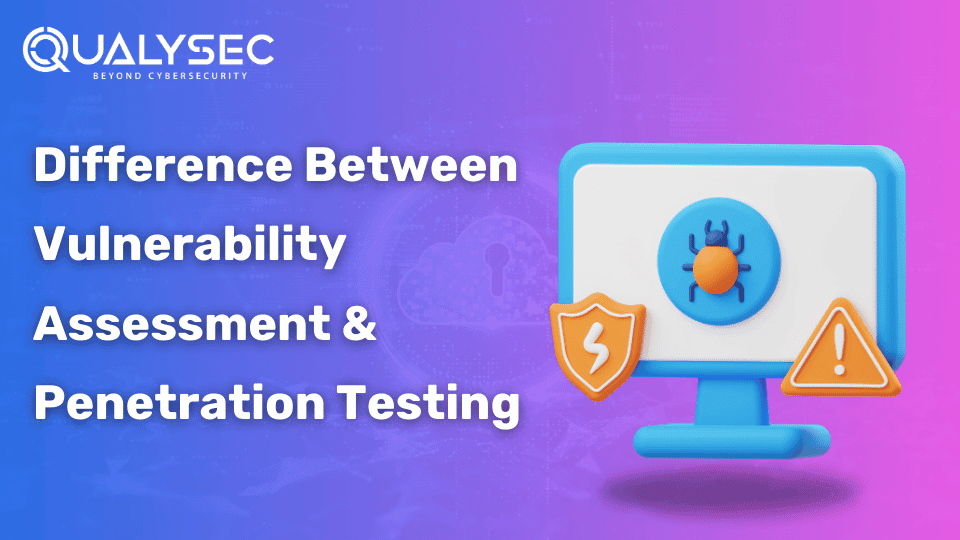















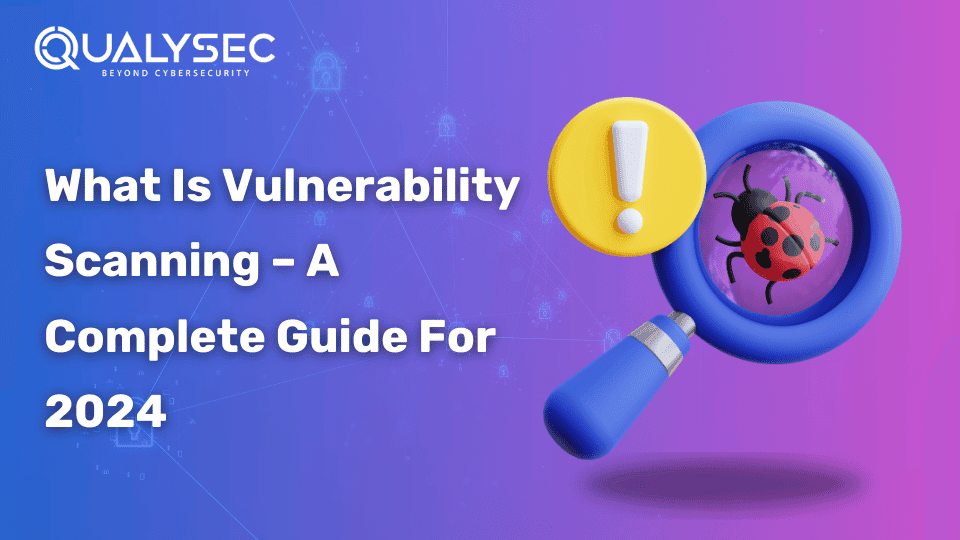

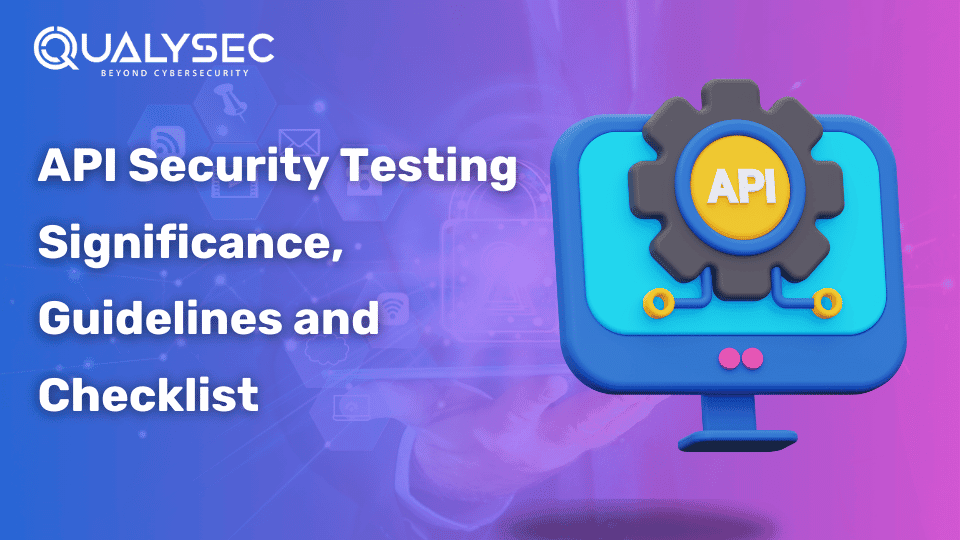








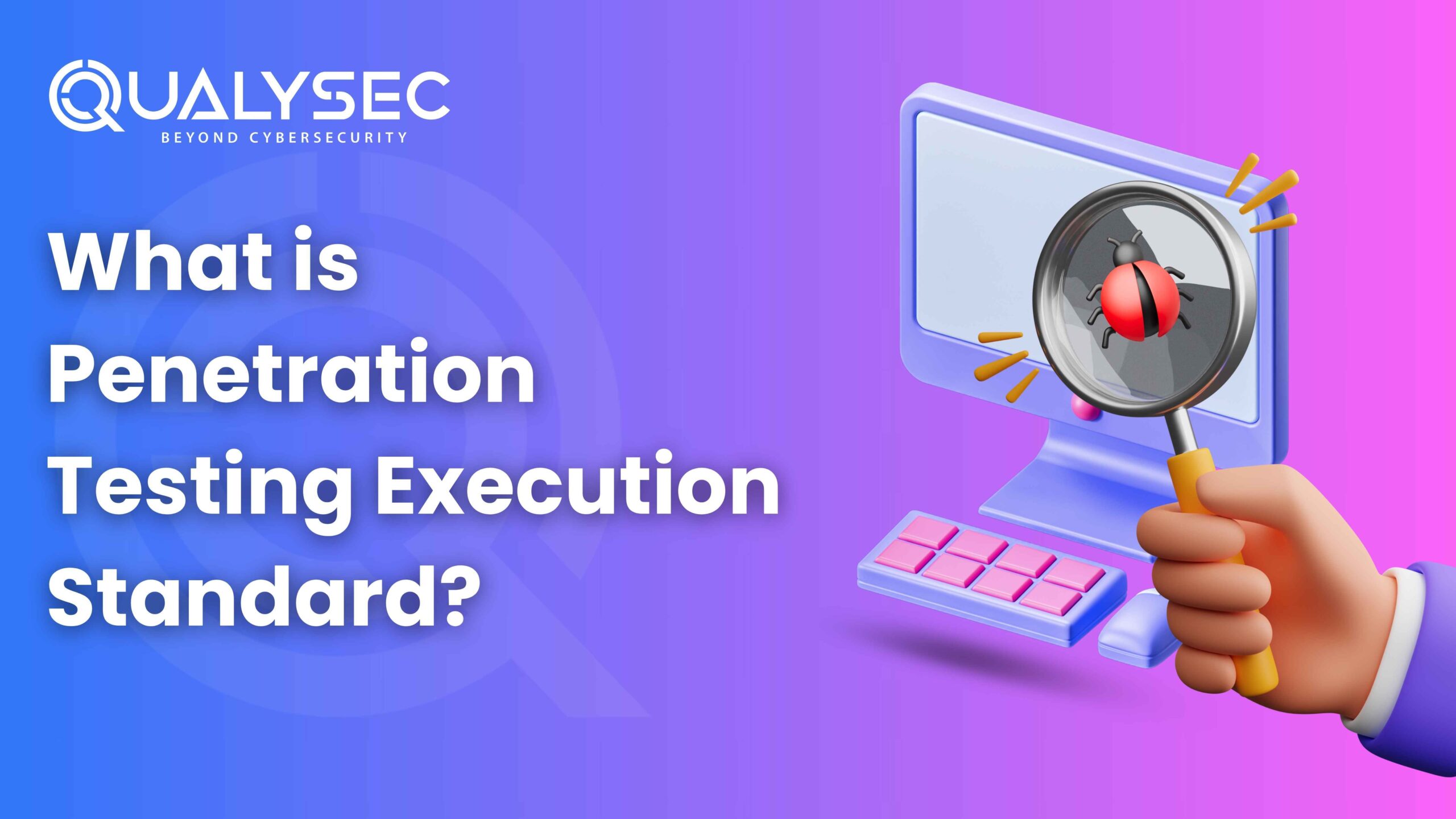




















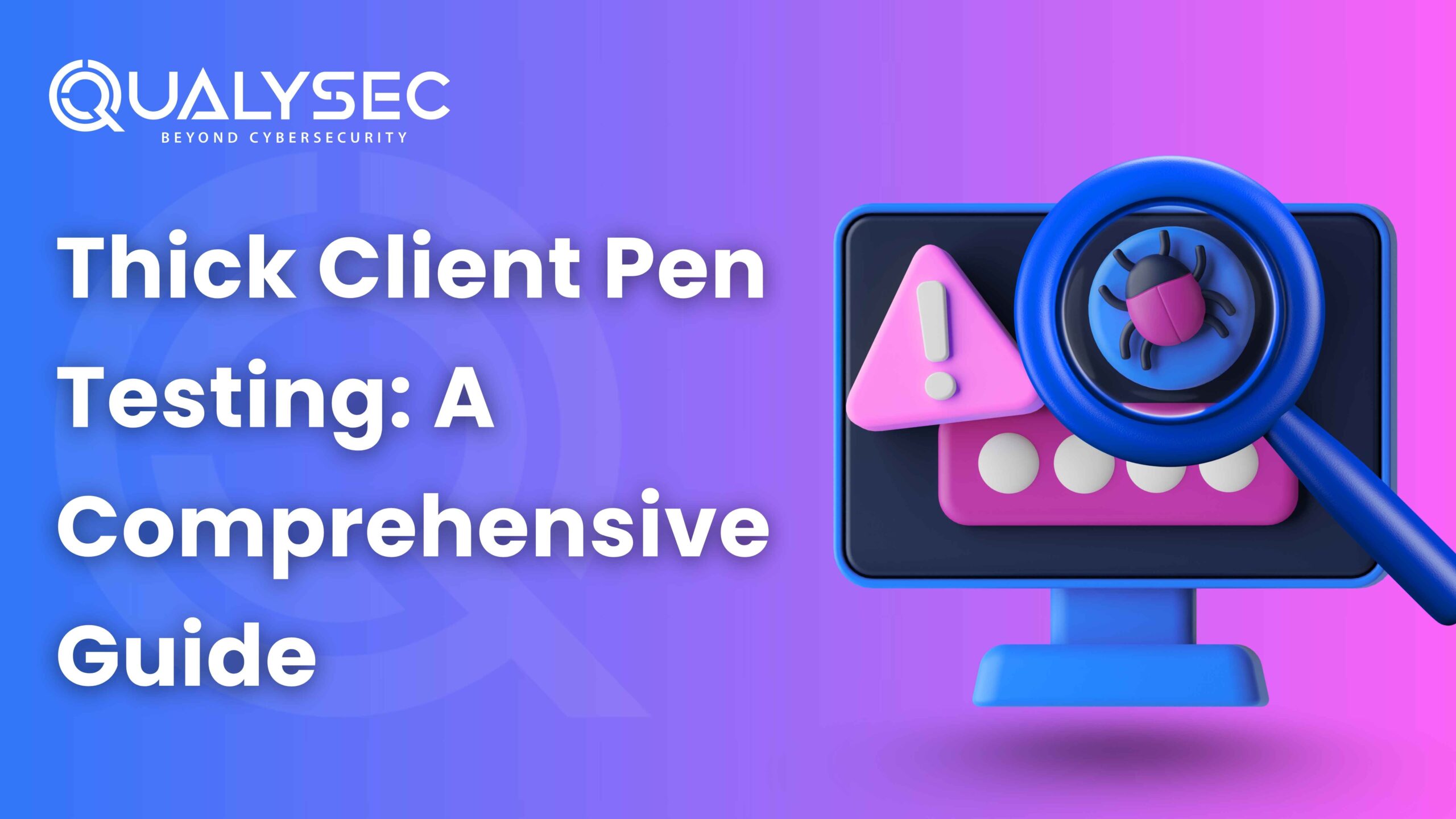



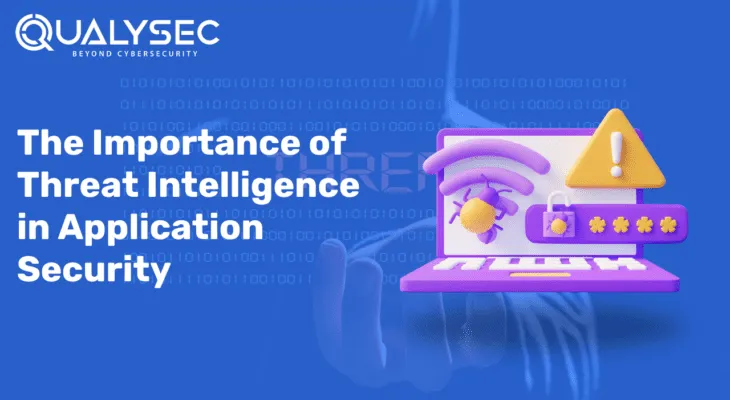
















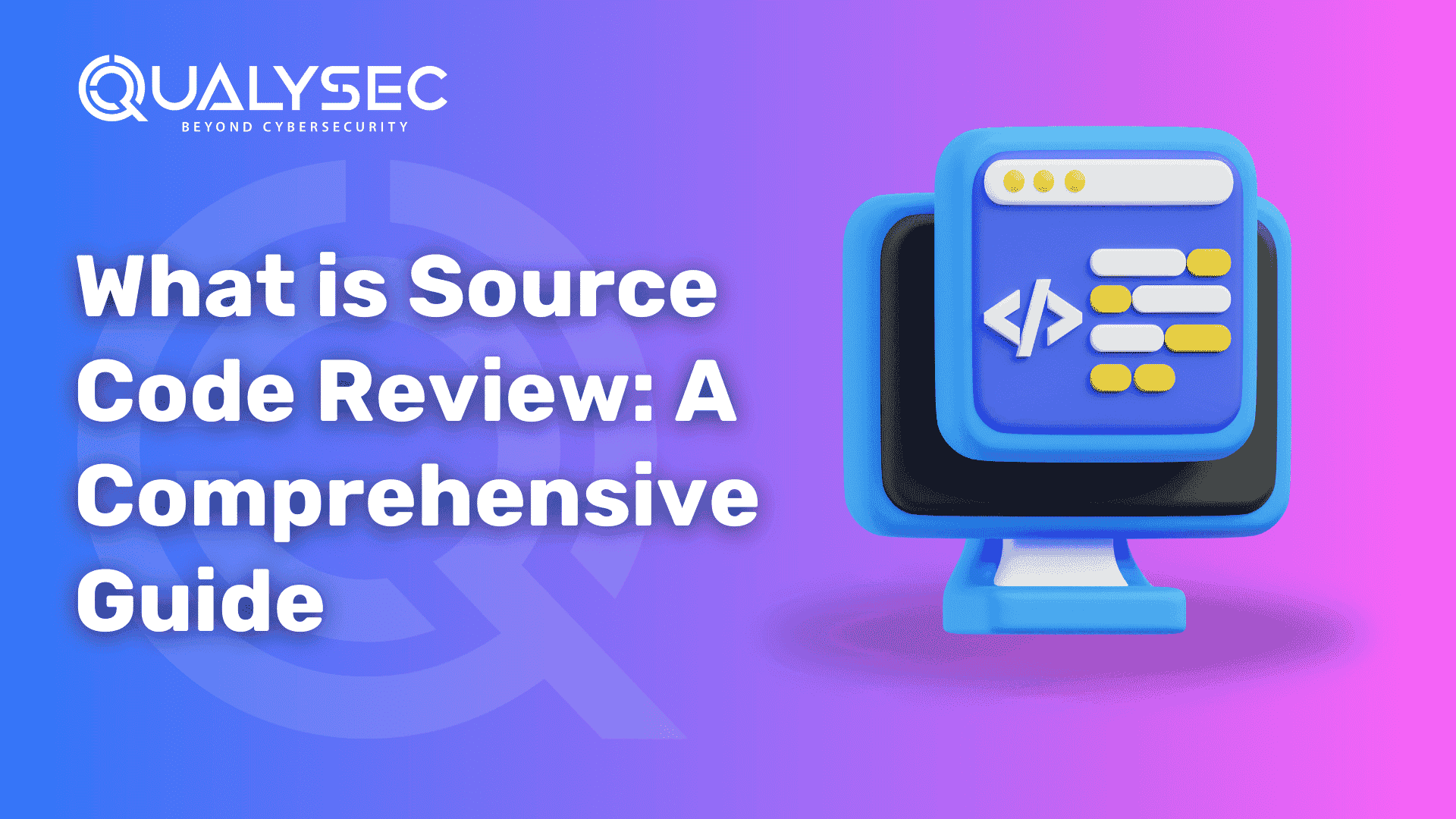








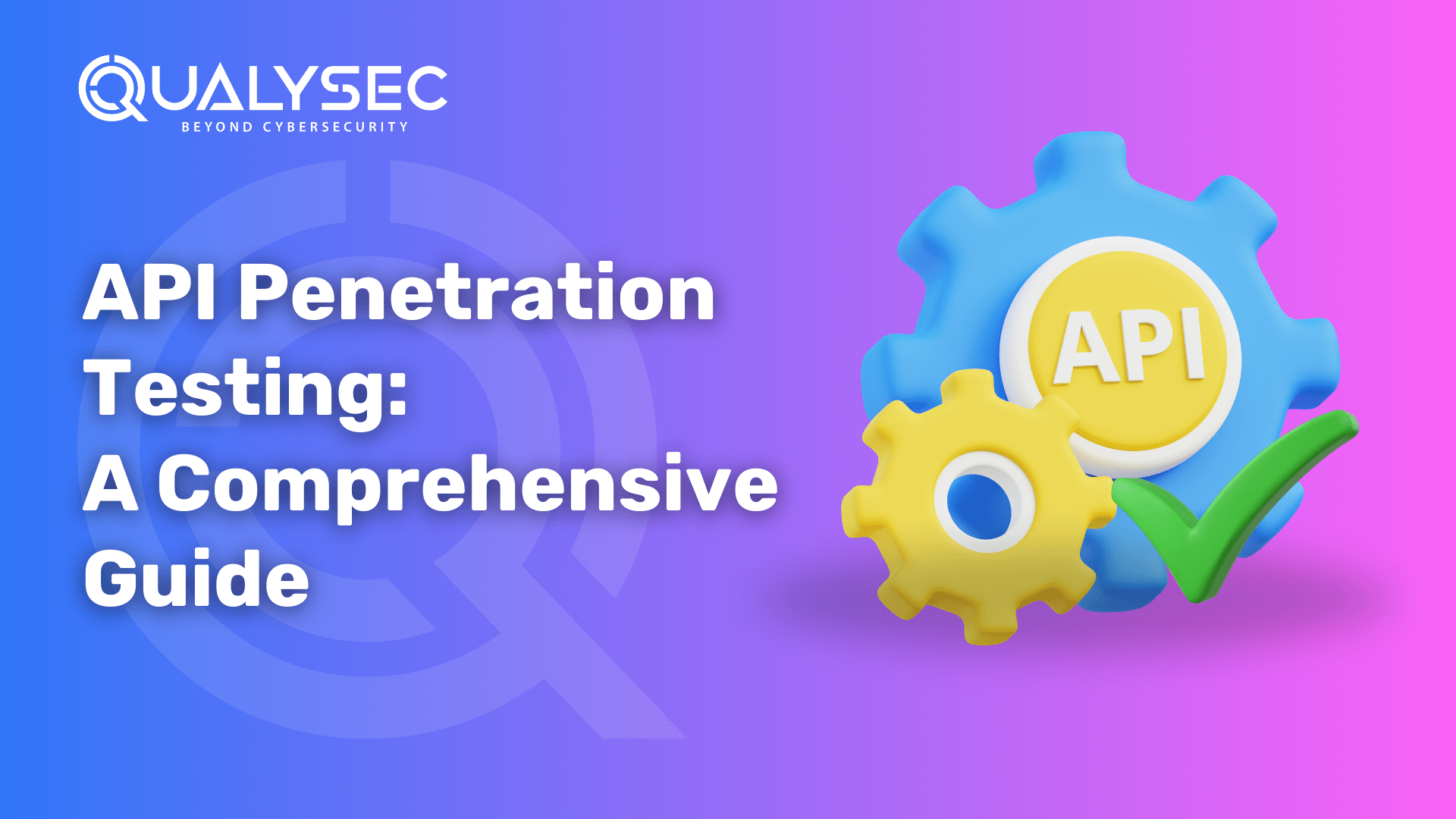



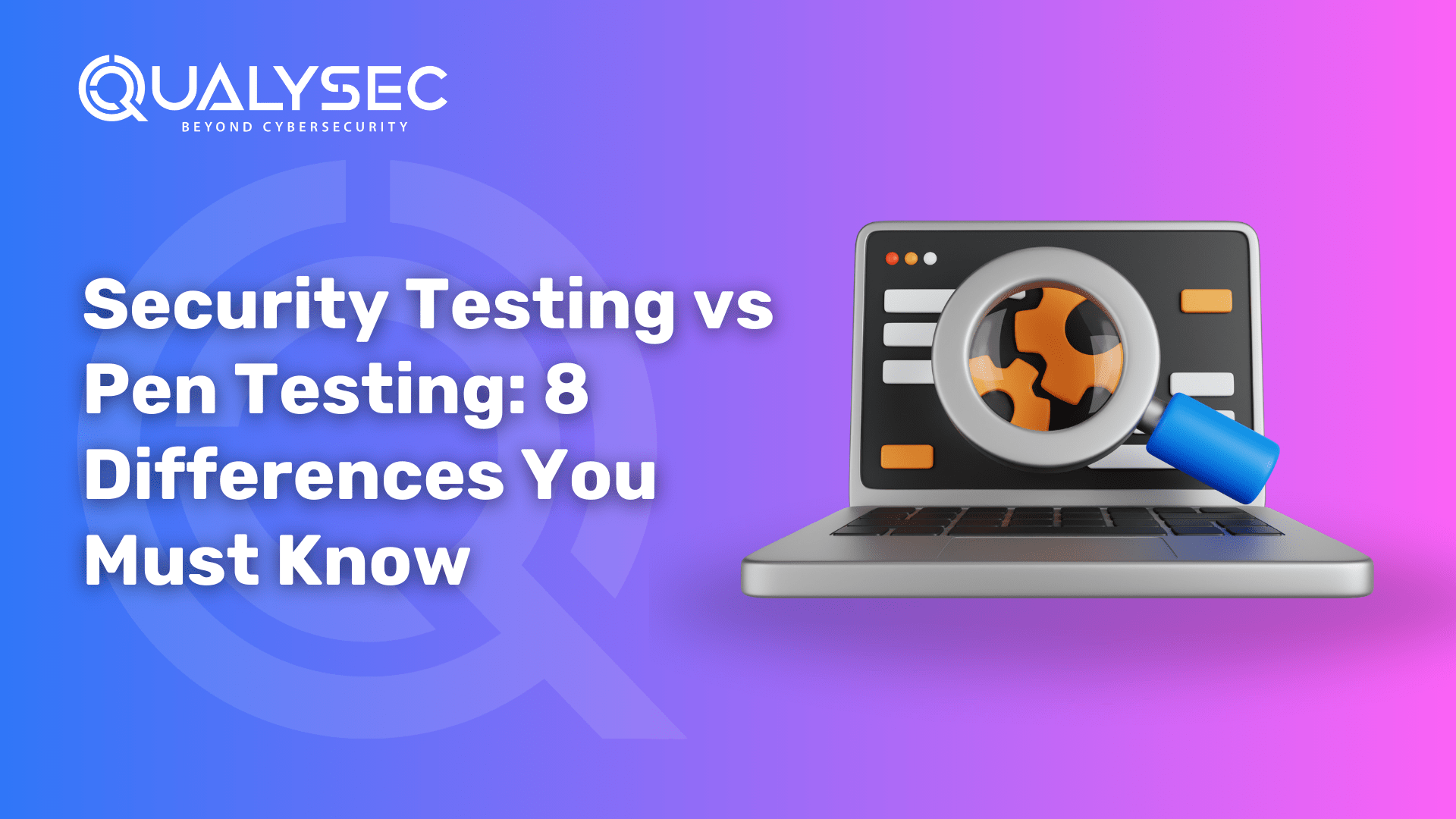










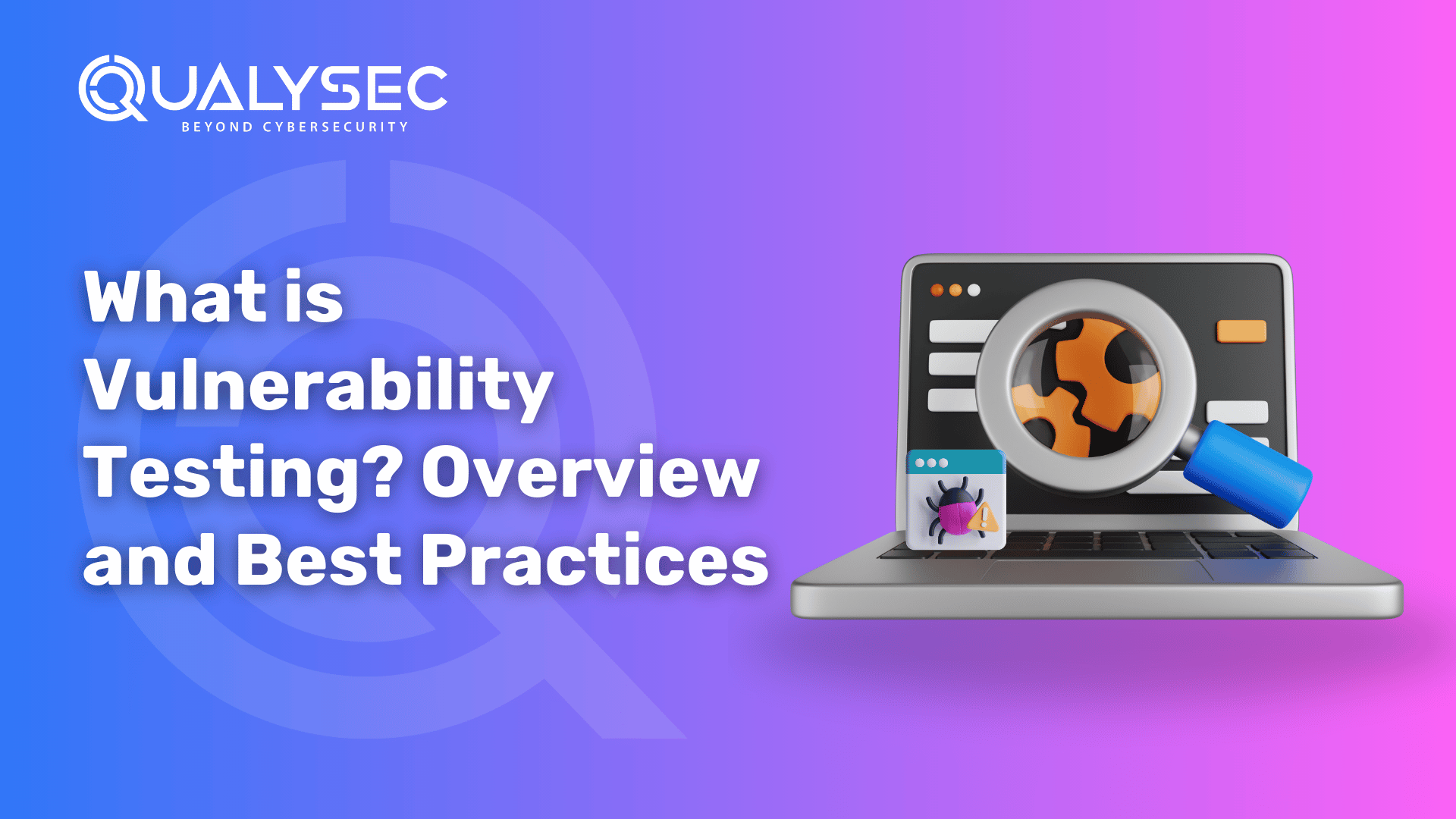



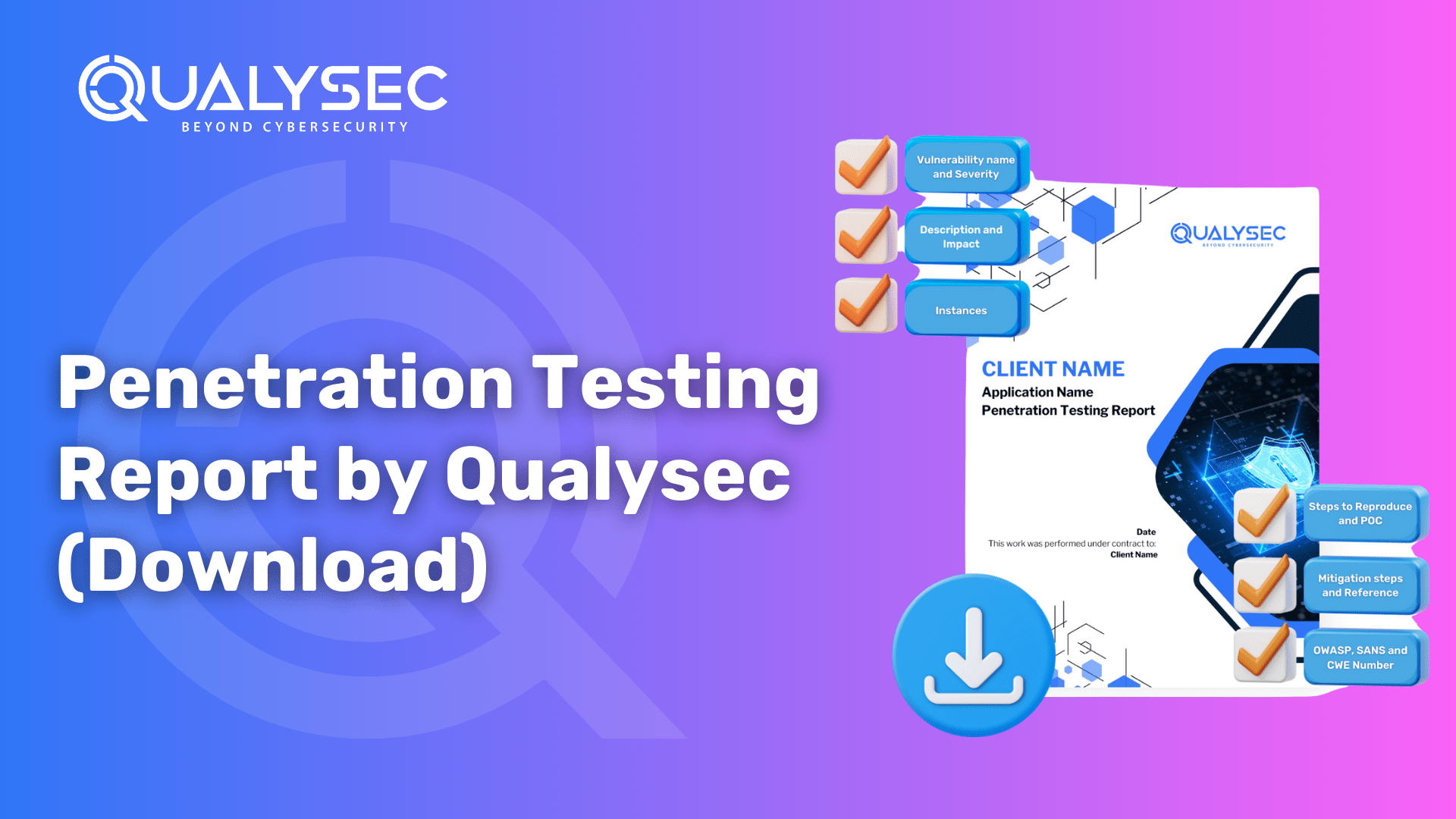









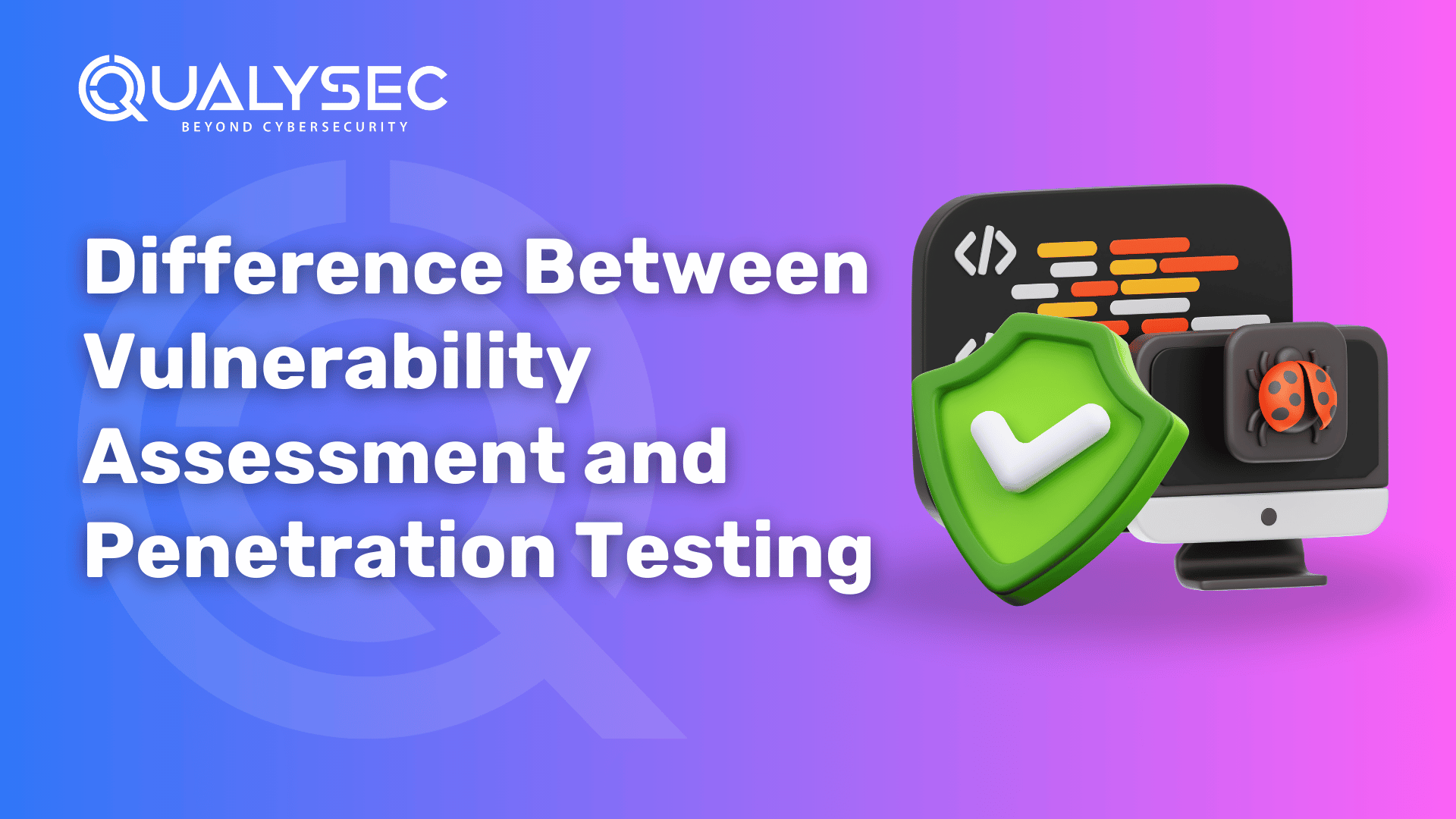







0 Comments